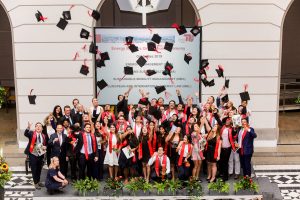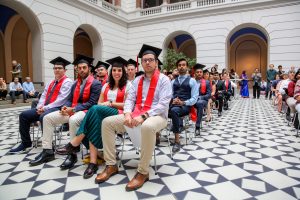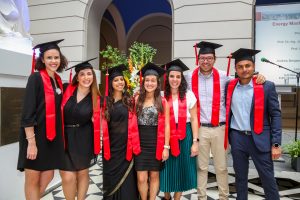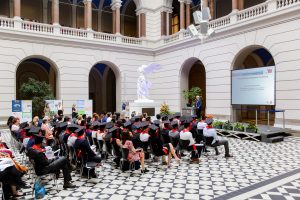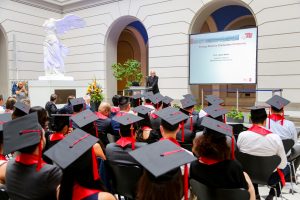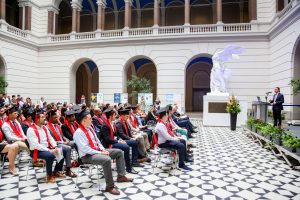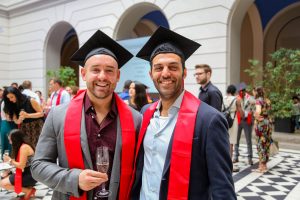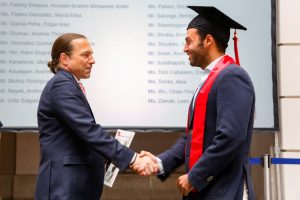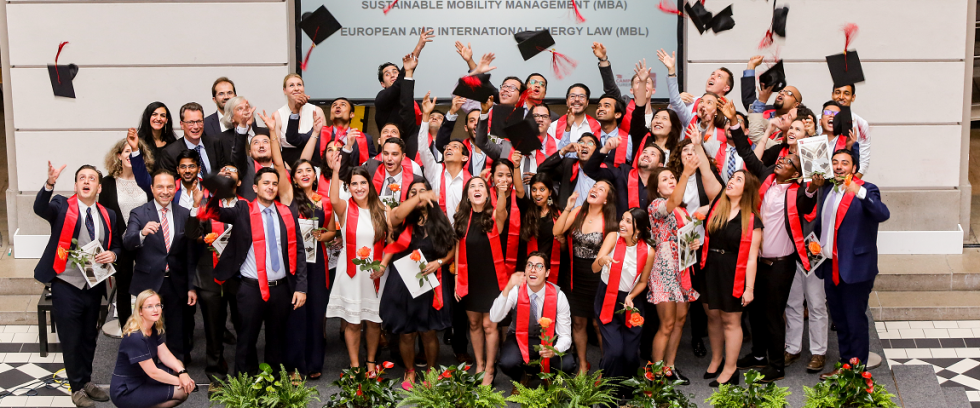
Curriculum Intake 2023/2024
Curriculum Intake 2022
Student Guide
Study and Examination Regulations & Admissions and Approval Regulations, German (Valid for intakes after October 2019)
Study and Examination Regulations & Admissions and Approval Regulations, English (Valid for intakes after October 2019, translation, German version binding)
Study and Examination Regulations & Admissions and Approval Regulations, German (Valid for intakes 2017-2018)
Admissions and Approval Regulations, Own Translation, German version binding (Valid for intakes 2017-2018)
Study and Examination Procedures, Own Translation, German version binding (Valid for intakes 2017-2018)
General Study and Examination Regulations of Technische Universität Berlin of 9 September 2020 (German Version)
General Study and Examination Regulations of Technische Universität Berlin of 9 September 2020 (English Translation)
Energy Management MBA
is a unique MBA program at TU Berlin that combines academic excellence with industry expertise. The energy market is one of today´s most fast-paced, decisive, and profitable industries and is crucial to the global economy, the environment, and the future of our future society.
Climate and economic changes, public opinion, technological progress, and regulation shape unforeseen challenges and opportunities. This situation calls for new solutions delivered by highly skilled and appropriately trained experts with an all-embracing overview, an international outlook, and the will to create a true impact — could this be you? Due to its economic, entrepreneurial, and industrial strength, as well as its successful and progressive energy policies, the —Energiewende—, Germany stands out as a front-runner in the global energy transition.
In order to promote the dissemination of knowledge and to facilitate and promote progress in the international energy sector, Technische Universität Berlin has created this one-of-a-kind MBA program highlighting academic excellence and industry expertise. Our full-time master’s program, “Energy Management” at TU-Campus EUREF in Berlin, enhances students´ career prospects and enables them to advance to higher levels of leadership. Successful graduates will have the ability to lead and manage others and make strategic, problem-solving, and sustainable managerial decisions in the field of energy and beyond.
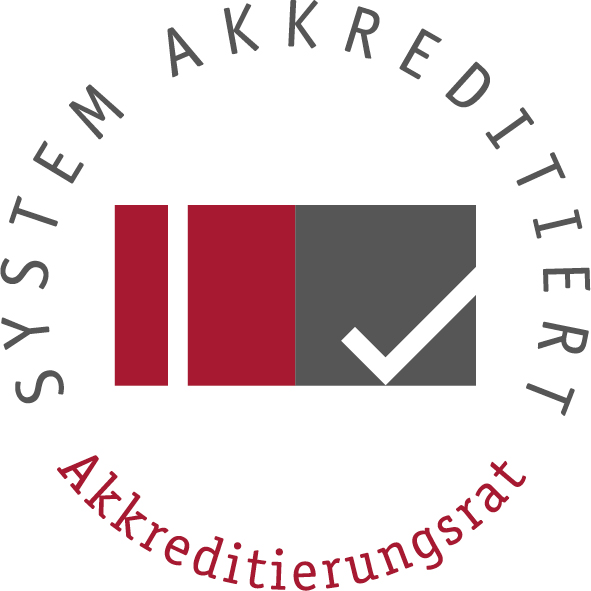
The program is accredited within the system accreditation of the TU Berlin.
We are looking forward to welcoming you to this exciting program.
Curriculum
The master’s program is taught over a period of three semesters. The first semester covers the technical, economic, entrepreneurial, and legal foundations for management decisions in the energy sector; the second semester deepens this view and looks at business practises, primarily of grid-based utilities and investment; the third semester broadens the view while simultaneously focusing on practise according to student’s individual interests. All semesters include lectures, tutorials, seminars, company visits/presentations, online materials related to practice, and extracurricular activities. The program concludes in the third semester with the submission of the master’s thesis.
Modular Structure
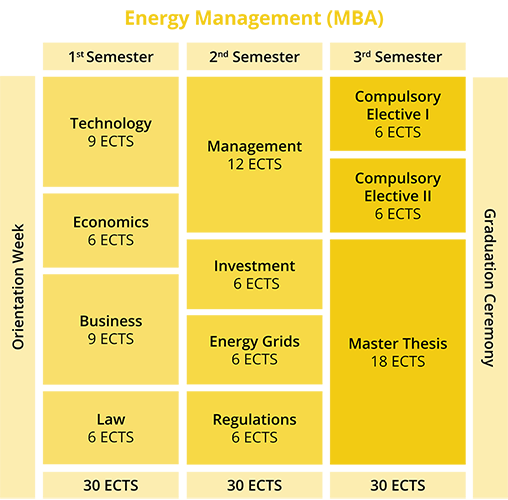
Competence Matrix
Modules At A Glance
Technology
In this module, students review and gain more in-depth general technical knowledge and knowledge of energy technologies and systems in the context of current developments, social responsibility, and sustainable development. The module also covers the most critical technological insights, and the technological foundations of the subsequent modules are explained. Students will be able to define and evaluate various procedures and apply them to selected cases in the energy sector.
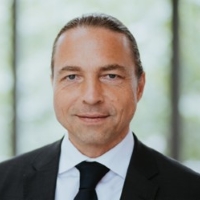
Prof. Dr.-Ing. Joachim Müller-Kirchenbauer
chairs the Department for the Management of Energy and Resources at the Faculty for Technology and Management and acts as dean for the English language advanced master programs on TU’s EUREF Campus. After graduating from TU Berlin and the Research Centre Jülich, he worked as a consultant for German and European regulators and ministries, including the European Commission, and became Deputy Director of Energy Regulation at the German Federal Network Agency. He then went on to become a Professor at Technische Universität Clausthal where he created and established the Chair for Gas Supply at the Institute for Petroleum Engineering before returning to his alma mater, TU Berlin, as a full-time professor.
Economics
This module is an introduction to economics. It covers the most important principles of economics while taking into account social responsibility and sustainable development. The module engages with the latest research and encourages a critical and reflective approach in providing a foundation in economics for subsequent modules. Students are able to identify specialized knowledge and aspects of economics and compare general and specific cases from the energy sector.
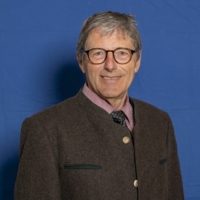
heads the Department of Energy Systems at TU Berlin. He started his academic career at the Center for Economic Research, Swiss Federal Institute of Technology, Zürich. Trained in Mathematics and Economics, he received his PhD in Economics at the University of Münster (Germany). Among many other mandates, he chairs the German affiliate of the International Association for Energy Economics (IAEE) and is a member of the independent expert Commission, “Energy of the Future,” which assesses the progress and challenges of the German Energiewende on behalf of the German federal government. He is the author of several books and scientific articles. His latest book publication, the energy economics textbook “Energy Economics,” co-authored with Peter Zweifel and Aaron Praktiknjo, was published in 2017.
Business
This module is an introduction to business studies. It covers the most important principles of business studies and considers social responsibility and sustainable development. While providing a foundation in business studies for subsequent modules, the module also engages with the latest research and encourages a critical and reflective approach. Students will be able to define the main features of business studies, apply problem-solving skills to case studies using different fields of knowledge, and present options for optimizing the energy sector.
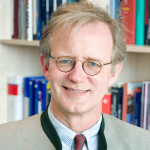
Prof. Dr. Dodo zu Knyphausen-Aufseß
holds the chair of Strategic Leadership and Global Management at Technische Universität Berlin. Before joining TU Berlin, he served as a chair professor at the universities of Jena and Bamberg and as an endowment professor at the University of Heidelberg. Dodo received his PhD and his post-PhD qualification from the University of Munich, served as a Dean of the Faculty of Economics and Management at TU Berlin, as the Vice President and President of the German Academic Association of Business Research (VHB), and as a Co-program Chair of the Strategic Management Society’s annual conference in Berlin. His and his chair’s research focuses on stakeholder influence on strategic decisions, mergers & acquisitions, diversification, top management teams, and most recently, the strategic management of cities and sustainability issues.
Energy Law
This module is an introduction to legal principles and the legal framework of the modern energy market at the international, European, and national levels. Students will be able to use their own initiative to integrate legal knowledge and skills in solving complex problems, evaluate cases independently, and analyze and summarize legal situations.
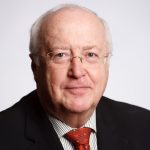
Prof. Dr. Dr. Dres. h.c. Franz Jürgen Säcker
is Professor em. for European and International Business, Competition and Regulatory Law of Freie Unversität Berlin and head of the Institute for Regulatory Law Berlin (enreg). He is one of the leading experts on energy law and Academic Director of TU’s master’s program “European and International Energy Law”. He holds an honorary doctorate title from the Chinese Culture University, Taipeh, Taiwan, and an honorary doctorate title from the Russian Academy of Science, Institute of State and Law in Moscow, Russia. He currently holds a guest professorship at the College of Comparative Law, China University of Political Science and Law, Beijing, China. He is the editor and author of leading publications in the field of energy law and editor and co-author of the large-scale academic work Berlin Commentary on Energy Law (“Berliner Kommentar zum Energierecht”), which at present encompasses four volumes and more than 12,000 pages.
Management
Students are able to independently identify, analyze, and design strategic approaches reckoning with the consequences of environmental changes for planning, management, and controlling. They do this by incorporating interdependent technological, economic, business, and legal processes in companies and organizations and taking into account social responsibility and sustainable development. Students will be able to define the main features of energy management, apply problem-solving skills to case studies using different fields of knowledge, and present options for optimizing the energy sector.
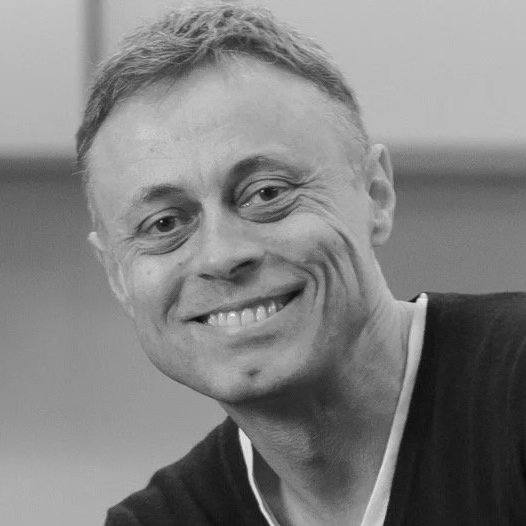
holds the Chair of Technology and Innovation Management at Technical University Berlin. The management of innovations, new technology development, and new technology portfolios lie at the core of their research and teaching interests. As the dominant form of organizing for these tasks, project management plays a fundamental role in the portfolio.
Investments
This module looks at aspects of investment decisions in the context of long-term energy infrastructure (networks, storage facilities, and power plants) from a decision-maker’s perspective. Students will be proficient in the basic methods of investment calculations and standard financial instruments and forms of financing. They will apply problem-solving skills in a critical and reflective manner to investment decisions and identify strategic approaches to solving complex problems. The knowledge they acquire will enable them to assess the pros and cons of various financial instruments in the context of investment projects and to use these to their advantage in making decisions. They will also be able to plan infrastructure projects and analyze risks.
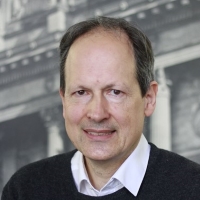
Prof. Dr. Christian von Hirschhausen
is a full-time Professor of Economic Policy and Infrastructure Policy at TU Berlin, Research Director of the German Institute for Economic Research (DIW Berlin), Research Associate at MIT Center for Environmental and Energy Research, and Associate Researcher of the Electricity Policy Research Group, University of Cambridge. He received his PhD at the Ecole des Mines de Paris and holds an M.A. in Economics from the University of Colorado at Boulder, U.S. Prior to TU, he served as a professor at the University of Dresden. He is a leading expert on Applied Industrial Economics, Infrastructure and Network Economics, Environmental and Public Economics, Public Sector Management, and European Integration Policy.
Energy Grids
This module deals with the technical and organizational challenges of network management in the context of environmental changes. It looks at transformation processes between different forms and sources of energy and considers novel technological developments. Students will be able to identify highly specialized knowledge about energy networks, partly based on the latest technical developments and findings. They will also be able to critically evaluate fundamental problems of network management and present options for the optimization of network management.
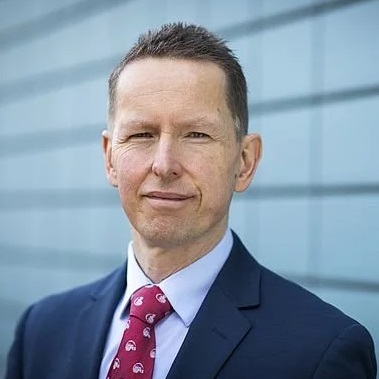
is holder of the Chair of Sustainable Electric Networks and Sources of Energy (SENSE) at TU Berlin. Previously, he received his PhD in engineering from Saarland University, pursued research at Brunel University in London, and subsequently worked at the Division Recherche et Développement of Electricité de France (EDF) in the Paris area. He then became a tenure-track Assistant Professor of Electrical Engineering at the University of Washington in Seattle. He was rewarded the IEEE PES Prize Paper Award, the IEEE Journal of Emerging and Selected Topics in Power Electronics First Prize Paper Award, the National Science Foundation (NSF) CAREER Award of the USA, and the Outstanding Teaching Award of the Department of Electrical Engineering at the University of Washington. He is currently Chairman of the IEEE PES (Power & Energy Society) Subcommittee on Distributed Energy Resources and editor of the open-access IET Engineering Journal.
Regulation
This module covers the regulatory side of energy grids. It is structured along the multi-layered regulatory sphere of the energy sector. After introducing the theory and instruments of regulation, the material begins at the European level, dealing with EU Energy policy and regulation. It follows the national level, looking into the national transposition of EU regulatory law and the practical regulation on the national level. It then continues focusing on regulation management on a business level. Students will be able to critically reflect on the current regulation theory and practice in both the electricity and gas sectors in Germany and Europe. They will assess the significance and effects of regulation on the energy system on the one hand and companies on the other, and finally, present options for optimizing regulation management.

Prof. Dr.-Ing. Joachim Müller-Kirchenbauer
chairs the Department for the Management of Energy and Resources at the Faculty for Technology and Management and acts as dean for the English language advanced master programs on TU’s Campus EUREF. After graduating from TU Berlin and the Research Centre Jülich, he worked as a consultant for German and European regulators and ministries, including the European Commission, and became Deputy Director of Energy Regulation at the German Federal Network Agency. He then went on to become a Professor at Technische Universität Clausthal where he created and established the Chair for Gas Supply at the Institute for Petroleum Engineering before returning to his alma mater, TU Berlin, as a full-time professor.
Compulsory Electives (12 ECTS)
Two of the following modules must be selected:
- Efficiency Management, Prof. Dr.-Ing. Joachim Müller-Kirchenbauer (6 ECTS):
The students will be able to define, evaluate, and analyze technical projects and structures such as buildings, factories, and urban districts. They do this by integrating the technological, economic, business, and legal operations in companies and organizations and by taking social responsibility and sustainable development into account. - Project Management Skills – Managing (Agile) Projects and Product Development, Prof. Dr. André Dechange (6 ECTS)
The overall qualification goal of the module is to enable the students to plan, implement, and successfully complete projects economically, efficiently, and according to modern agile and classic management methods. At the end of the course, the students can act in the mediated roles in agile and classic projects, understand the essential project management processes, generate central management documents themselves, and apply and further deepen the methodology in future projects. - Global Energy & Rural Electrification, Dr. Dawud Ansari (6 ECTS): Students can describe, analyze, and evaluate the role of developing and emerging countries in global energy systems as well as their local and regional challenges, peculiarities, and opportunities. Students are familiar with various off-grid technologies and can choose between them, including the use of suitable methods of integrative planning. Finally, students can act better in group projects, understand the process of development cooperation, understand and design central elements in it, and be aware of their responsibility for global and local sustainable development.
The students can also choose the elective modules offered by the Sustainable Mobility Management MBA and MBA Building Sustainability.
Master thesis
Individual topics, individual supervisors/evaluators (members of faculty).
Senior Experts
Lecturers are full time professors of TU Berlin, expert professors from cooperating international universities, senior industry managers with a strong academic background, or senior executive staff of regulatory bodies. Tutorials are held by research associates and guest lecturers. Frequent company visitations and excursions to major companies and innovative startups complement.
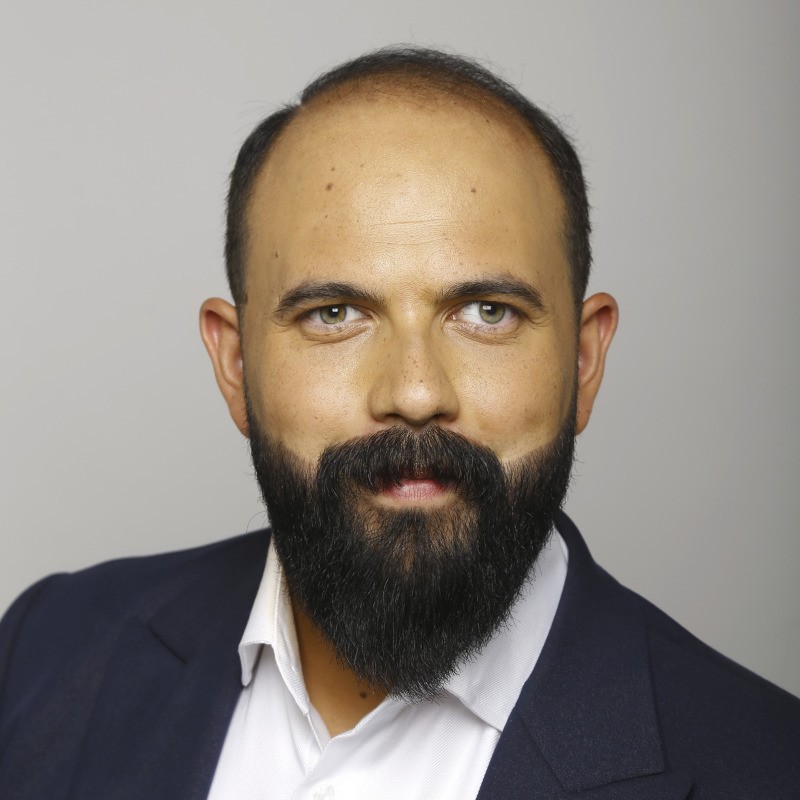
Director and founder at EADP
Policy consultant and researcher at the German Institute for International and Security Affairs
Visiting scholar at the German Institute for Economic Research (DIW Berlin)
Consultant and coach (Senior) Lecturer at multiple institutions
Dr. Dawud Ansari is a multifaceted researcher, consultant, lecturer, and NGO director specializing in global energy, sustainable development, hydrogen geopolitics, and resource economics, with a regional focus on the Middle East. Currently, he’s affiliated with the German Institute for International and Security Affairs and directs the Energy Access and Development Program. Previously, he was a scholar at the German Institute for Economic Research and the Berlin Social Science Centre, retaining a visiting scholar role at the former. Ansari’s work spans strategic consultancy for diverse clients in Europe and the Middle East, managing NGO projects in complex regions like Yemen, and shaping major conferences as a skilled facilitator. His research is published in top scientific journals and policy outlets, and he brings over a decade of teaching experience. Ansari holds a PhD in Applied Economics from Humboldt University, following studies at the Berlin Institute of Technology and Johns Hopkins University.
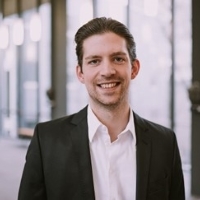
Research Assistant and PhD Student at TU Berlin
Kristian Bänsch has been a research associate at the chair of POM since 2018. His research focuses on energy-oriented production planning in hybrid energy systems. In particular, the questions are answered as to how industrial electricity consumers can generate short- to medium-term, energy- and personnel-cost-optimised plans using self-generated regenerative energy, (hydrogen) storage as well as adapted production and under which conditions hybrid energy systems can be economical in the long term. In teaching, he supervises the modules PSiP, SusPOM and POMBasics and supervises theses of various orientations.
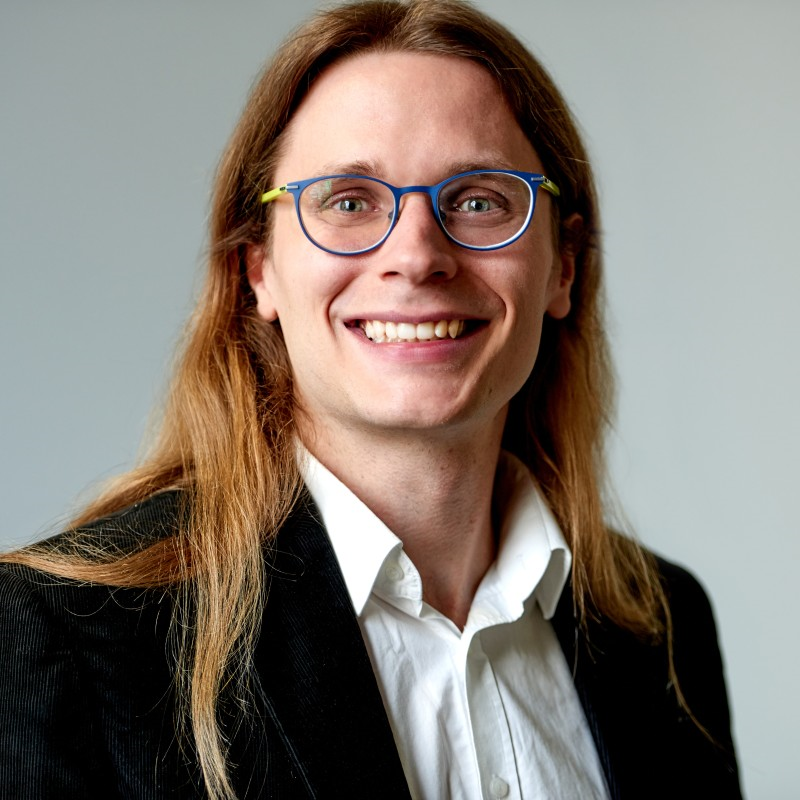
Ph.D. in human factors from TU Berlin
Dr. Felix Grün is the lecturer for the Decision Psychology course. Holding a Ph.D. in human factors from TU Berlin, his expertise extends across ergonomics and telemedicine. Dr. Grün brings a wealth of experience from his research endeavors and his position as the founder of Grün Beratung, a consultancy firm specializing in personnel selection, statistics, and decision-making. Eager to share his insights, he looks forward to delving into these subjects together with his students.
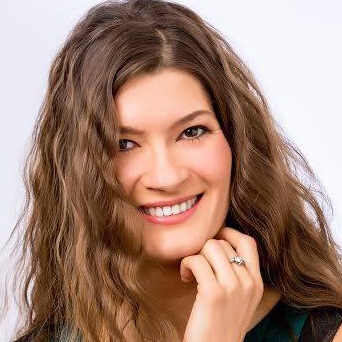
Research Associate at TU Berlin
Karina Cagarman has a Master of Science in Innovation Management and Entrepreneurship from the Technische Universität Berlin and a Master of Science in Business Administration from the University of Twente in Enschede.
Karina gained work experience in business development and project management while working in different companies from start-ups to corporates. In the field of hospitality, IT and energy.
Karina’s research focuses on sustainable entrepreneurship and well-being. She is especially looking on the methods and tools that can be applied in an entrepreneurial environment. Moreover, the difference between social and commercial entrepreneurs in terms of well-being is of interest to her.
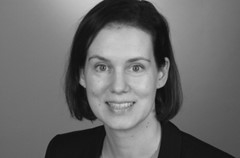
Professor, TU Berlin, Faculty of Economics and Management, Institute of Business Administration
She has been Professor of Sustainability Accounting and Management Control at Faculty VII of TU Berlin since 2017. In research and teaching, she deals with topics of sustainability reporting and sustainability controlling. The focus is on a comparable assessment of the sustainability performance of economic entities as well as on the integration and design of sustainability-related management control systems and their impact on sustainable development in companies.
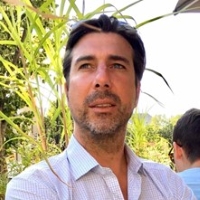
Professor, CEO and Managing Partner at M·BBB
Prof. Dr. Justin Becker is Managing Partner and CEO of M·BBB since 2012. M·BBB is a Berlin based agency and a problem solver with a holistic view. It has three divisions: strategic marketing consulting (Marketing BBB), dialog-oriented lead generation at trade fairs (Messe BBB), and Mystery Shopping (Mystery BBB).
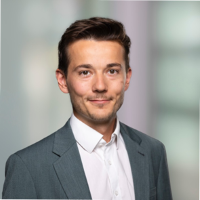
Manager Political Affairs at E.ON SE
Lukas works in the Berlin policy team of E.ON SE and is primarily responsible for grid policy or grid-related topics in the fields of electricity, hydrogen and gas. Lukas has a background in European and energy law. Lukas leads the mentoring program in the World Energy Council’s YEP network.
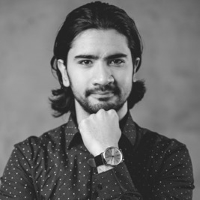
Energy Economics Researcher, Lecturer, Data Analytics Consultant at the German Institute for Economic Research (DIW Berlin)
Wassim Brahim is a distinguished professional who brings a wealth of expertise and a passion for transformative innovation. With a strong background in economics and a keen interest in sustainable development, Wassim has established himself as a respected figure in the field. Having recently joined the renowned DIW Berlin – German Institute for Economic Research as a visiting scholar, Wassim is poised to make significant contributions in the Energy, Transportation, Environment department. His focus on cutting-edge data-driven research on fossil fuels and hydrogen within the context of a climate-constrained world exemplifies his commitment to addressing pressing global challenges in the pursuit of a more sustainable and equitable future.
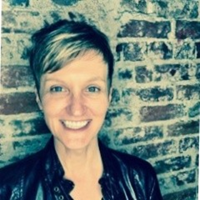
Senior Lecturer in the Department of Communication Studies at San José State University, CEO of bbpraxis Communication Consulting
Bettina Brockmann lived in Silicon Valley for 21 years, where she gained extensive professional experience as a communication consultant and as a lecturer at international institutions. Bettina worked as a communication coach at Stanford’s Graduate School of Business and conducted presentation and leadership skills workshops at companies such as Google, Sony and Nvidia. She offers workshops on Presentation Skills, Business Communication, Inclusion, Difficult Dialogue, and Media Competency.
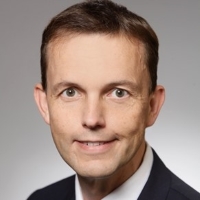
Head of Business Unit Energy, KISTERS AG; Member of the Advisory Board at IKEM
Dr. Volker Bühner is since 2016 Head of Business Unit Energy KISTERS AG. Originally founded in 1963 as an engineering firm, KISTERS is today a medium-sized company that develops software for the sustainable management of energy and water, for environmental protection and safety, for 3D CAD viewing as well as measuring devices for environmental monitoring. The business unit hardware of KISTERS AG offers large-format printers (2D and 3D), scanners and much more. The company is also still active in the area of engineering services. KISTERS is very much in-demand as a solutions partner due to its expertise, operational experience and industry knowledge. It has over 750 employees, is headquartered in Aachen, Germany, and has numerous offices in Germany and subsidiaries in Europe, North America, Australia and Asia. KISTERS systems are used throughout the world.
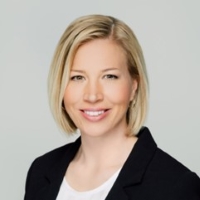
Director Strategy and Transactions at EY
She is a Director at EY (Ernst & Young) Germany. She has more than 15 years of experience in consulting and implementation projects. She has worked 10 years within Forensics and helped clients with complex challenges in white collar crime projects. Currently, she is working in the business unit Strategy and Transactions as the Chief of Staff. Sarah serves as a trusted advisor to senior executives, providing valuable insights and recommendations on strategic initiatives and major business decisions. Beyond her professional accomplishments, Sarah is known for her strong work ethic and her ability to motivate and empower her team.
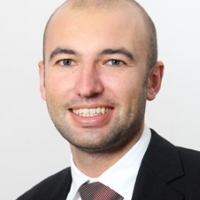
President of WEEELABEX Organisation
As responsible for Corporate Operations Steering Circular Economy, Environmental Standards bei BSH Hausgeräte GmbH, Christian Dworak has experiences in corporate sustainability strategy, sustainable business models, linking economy & ecology, integration of Design for Environment in product development, Circular Economy, great network in European environmental standardization committees, working with NGOs, political networking across Europe mainly in the field of environmental affairs and sustainability, critical thinking, entrepreneurial mindset, business oriented, strong communication skills and stable network building, loyal and faithful, firm believer in sustainable business ideas.
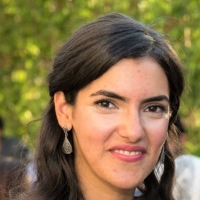
Field Protection Assistant
She has MSc Social Policy and Social Research (University College London), with experience in Monitoring, Evaluation, Accountability and Learning (MEAL), Humanitarian Protection in the refugee sector and over seven years of teaching experience in Microeconomics and Macroeconomics.

Head of Department Energy Systems at the Institute for Energy Technology, TU Berlin
Between 1995 and his retirement in 2018, Prof Dr. Georg Erdmann was Professor for Energy Systems at the Institute for Energy Technology, Berlin University of Technology (Digital Transformation in Energy Systems) where he managed a research team of up to 15 scientists. Before he was Post doc researcher and Assistant Professor at the Center for Economic Research, Swiss Federal Institute of Technology, Zürich (ETHZ) and Delegate at the Paul Scherer Institute, Villigen (Switzerland). He is trained in Mathematics and Economics, and received his PhD in Economics at the University of Münster (Germany). Erdmann’s research fields cover energy economics including energy market modeling and forecasting, energy market reform, wholesale energy trade, investment strategies, financing and risk management. He combines this research field with the market analysis of new energy technologies such as fuel cells, battery electric vehicles, and other innovations. He has also research experience in industrial economics, environmental economics, evolutionary economics, and regional economics. He is author of many scientific books and articles. His latest book publication is “Energy Economics. Theory and Applications” (2017), together with the co-authors Prof. Dr. Aaron Praktiknjo and Prof. Dr. Peter Zweifel. This book has become an international benchmark for university lectures on energy economics. Erdmann is President of the Board, KSB Energie AG, Berlin which is engaged in providing energy trading services for small and medium sized companies. Among many other mandates he chaired the Gesellschaft für Energiewissenschaft und Energiepolitik (GEE), the German affiliate of the International Association for Energy Economics (IAEE). The most recent academic mandate is his membership in the ICEF-Steering Committee, Tokyo; the organization aims to discuss and develop feasible pathways towards carbon neutrality by means of technological, commercial, behavioral and political innovations.
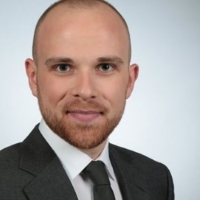
Research Associate at TU Berlin E&R – Policy Advisor at ConGas Consulting
Since January 2022, Maximilian has been working as a research associate at the Chair of Energy and Resource Management. He completed his Master’s degree in industrial engineering, with a focus on energy and process engineering, as well as energy economics at the University of Duisburg-Essen. During his studies, he also pursued an academic exchange program at the Nanyang Technological University in Singapore. In addition to his role as a research associate, Maximilian works as an external lecturer in the Energy Masters Program at TU Berlin and serves as a project engineer at ConGas Consulting, where he focuses on science-based policy advice. His research primarily revolves around three main areas: the algorithm-based development of a hydrogen infrastructure, its economic evaluation, and energy system modeling. At TUB E&R, Maximilian takes charge of the internal coordination of the BMWK-Langfristszenarien, and he actively participates in projects such as TransHyDE and the Systementwicklungsstrategie. Before his current position, he was part of a team of assessors assigned by the National Academies of Science and Engineering to investigate the European security of the natural gas supply.
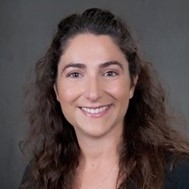
Rankine Chair – Professor of Energy Engineering, Director of the Centre for Sustainable Energy Systems, Associate Director of the Centre for Sustainable Solutions, Head of Energy and Sustainability Research Group at the University of Glasgow
She champions the Sustainable Net-Zero challenge in engineering and beyond. She regards energy as a service to sustainable development and is particularly interested in sustainable solutions that bring together people, places, and the environments. Holding a Laurea Summa Cum Laude in environmental-georesources engineering from Sapienza University of Rome, an MSc in petroleum engineering from Imperial College London, and a PhD in chemical engineering from Imperial College London, she joined the University of Glasgow in July 2018.
In her current role at the University of Glasgow, she serves as the Director of the Glasgow Centre for Sustainable Energy, Associate Director of the Centre for Sustainable Solutions, Head of the Energy and Sustainability Research Group, and a member of the University’s Sustainability Working Group. Additionally, she holds the position of Visiting Professor at the Department of Earth Science and Engineering of Imperial College London and Guest Professor for the Energy Management MBA at TU Berlin.
Prior to her current position, she was a Professor and Head of the Geo-Energy Engineering Centre at Cranfield University. Between 2011 and early 2016, she held the W3 Endowed Chair and Professorship in Geothermal Energy Systems at Clausthal University of Technology, Germany. During this time, she was also the Head of the new Department of Geothermal Engineering and Integrated Energy Systems and Director of the Institute of Petroleum Engineering. Before her academic roles, she worked with Eni-Agip, Enterprise Oil UK, Shell E&P UK, and Total E&P UK, covering both offshore and onshore assignments.
She currently holds the position of Vice-Chairperson of the Bureau of the Expert Group on Resource Management of the United Nations Commission for Europe (UNECE). She co-chairs its Renewables Sub-Group and serves as its focal point for the UNECE Pathways to Sustainable Energy & Carbon Neutrality Project. Additionally, she sits on the BEIS (UK Government Department of Business, Energy & Industrial Strategy) Energy Working Group and serves on the Board of the Energy Technology Partnership (ETP) and on the Directorate of Scottish Carbon Capture and Sequestration (SCCS).
Her involvement extends to serving on the 2020-2023 Board of Directors of the International Geothermal Association (IGA), the Scientific Committee of the 2022 European Geothermal Congress (EGC), and the Scientific Committee of the 2023 International Conference on Multiphase Flow and Heat Transfer (ICMFHT’23). Until June 2021, she chaired the Academic Panel of Oil and Gas Technology Centre (OGCT), and following its repositioning, she became a Member of the Net Zero Technology Centre Academic Advisory Panel until early 2023. She is also a Member of the UK Carbon Capture and Storage Research Centre (UKCCSRC) and University liaison for its membership to the Life Cycle Initiative, hosted by UNEP, and the European Geothermal Energy Council (EGEC).
Given her blend of international industry, research, and teaching experience, she expresses an interest in a variety of engineering problems across the field of energy and sustainability.
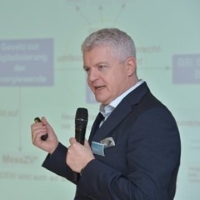
VP European Associations at E.ON SE
He is a regulatory expert focusing on energy markets and energy networks, with additional knowledge in financial regulation. Recently, telco regulation has become part of his portfolio, particularly in the FttX environment. He teaches energy economics and regulatory economics at various institutions, including TU Berlin. During his tenure within innogy (now merged with E.ON), smart metering was a significant aspect of his work. Recently, he has also been actively involved in E-Mobility-related projects.
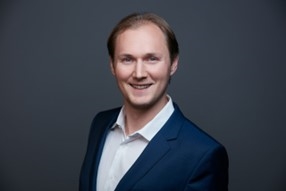
Team Lead Grid Operation Principles at Schleswig-Holstein Netz AG // Founder at kikudoo.com
Clemens has more than 10 years of experience in the energy sector in various functions: research, consulting (electricity system modeling), and grid operation. He currently is the team lead for grid operation principles at the Schleswig-Holstein Netz AG.
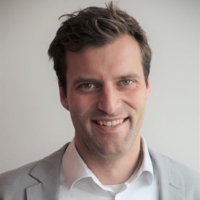
Senior Research Advisor, Chief Operating Officer at IKEM
In a nutshell: Do what you like to do and make sure you leave a positive footprint. That’s why he likes to teach, does research, discusses but as well does the Gin Project with Riot Gin now – it’s an awesome Gin and let’s see, how to make it sustainable. He guesses, he’ll learn more from that than from many other thinks – and he is happy if you like to discuss, give your opinions and best practice examples, so they can make every product sustainable!
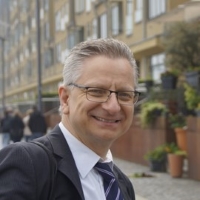
Head of Unit, Network Expansion Department at Federal Network Agency (Bundesnetzagentur)
Dr. Bodo J. Herrmann has been Head of Division at the Federal Network Agency in Bonn since 2007. Initially, he was assigned there as head of the “Incentive Regulation and Settlement Procedure” unit for the introduction of incentive regulation in the area of electricity and gas network charge regulation. Since 2013, he has headed a licensing unit in the “Grid Expansion” department and is thus responsible for the accelerated expansion of extra-high voltage grids as part of the energy turnaround. Since the summer semester of 2016, he has also been a lecturer at the TU Berlin as part of the MBA Energy Management program.
Dr. Herrmann studied law at the Faculty of Law of the University of Cologne. He completed his doctorate on renewable energy law with the title “Application Problems of the Electricity Feed-In Act” in 1993 under Professor Jürgen F. Baur with the grade “summa cum laude”. After his legal clerkship, he worked as a research assistant at the Legal Center for European and International Cooperation (R.I.Z.) in Cologne until 1999.
From 1999 to 2003, he was managing director of the Institute for Energy Law at the University of Cologne. From 2003 to 2007, he was employed by the Association of German Municipal Enterprises (VKU), where he initially headed the VKU Brussels office and the European staff unit in Cologne, before taking over as head of the “Basic Issues in the Energy Industry” division.
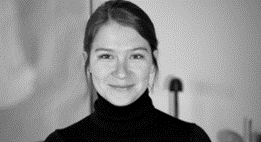
Postdoc at TIM research group at TU Berlin
She is fascinated by what makes people creative and how they become active innovators. As the answer to this question is not a straightforward one, she takes diverse theoretical, methodological, and practical perspectives to answer facets of this fundamental question.
Birgit Peña was born and raised in Mexico in a bicultural family. After venturing into an artistic training in musical arts, she studied social sciences in Marburg and Bonn. After working in human rights advocacy in Brussels and an EdTech start-up in Berlin, she came back to academia in 2013. Her dissertation project, completed in 2019, focused on antecedents and early phases of refugee entrepreneurship.
In her post-doctoral research, she analyzes de relationship between the built environment and creativity, looking at functions and consequences of both physical and virtual space in creative and innovation processes. With a multidisciplinary focus and working closely with practice partners, this project aims to contribute to our understanding of the role of (physical and virtual) organizational spaces for creativity and innovation. A further focus of her research is the exploration and analysis of innovation management practices in emerging economies, focusing on Latin America.
She is involved in teaching the modules Organisation und Innovationsmanagement at the undergraduate level, Innovation Management – Process and Actors, and Advanced Research Seminar at the graduate level. The Management module of the MBA programs Building Sustainability, Energy Management, and Mobility Management is also part of her teaching portfolio.

Chair of Workgroup for Infrastructure Policy (WIP) at TU Berlin / Research Director at DIW Berlin (German Institute for Economic Research)
He is Professor at the Berlin as well as Research Associate at the MIT Center for Environmental and Energy Research (Massachusetts Institute of
Technology, CEEPR) since 2006. Moreover he is Associate Researcher of the Electricity Policy Research Group, University of Cambridge (EPRG) since 2008.
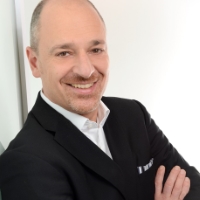
Project leader, Innovation Manager for Beverage, Founder and Head for sustainpoint
As Head ecological sustainability transition for small domestic appliances and Head of Innovation & Digitalization (beverage, global), Frank Jirjis is supporting and pushing corporate innovation fields. Successfully global leadership (P&L) of a product field. Leading international multifunctional teams. Result orientated and strong in concept development. Operative experience along the value chain: research (trends, consumer, competitor, technologies), brand positioning, product definition (innovation, feature, consumer benefit, design, target pricing), storyline development, pre-development projects and product development, sourcing, production, logistics, marketing, sales. M&A: evaluating business models, negotiating contracts (operational aspects). Digitalization: Defining ecosystems for consumers (shop, network, inspiration, services, background-info).
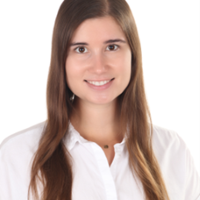
PhD Candidate at the Chair of Entrepreneurship and Innovation Management, TU Berlin
Charleen has been a doctoral student at the Chair of Entrepreneurship and Innovation Management since October 2021. Her research focuses on topics related to the circular economy, sustainable and social entrepreneurship. In particular, the social dimension of sustainability in the circular economy is an interesting research field for her. Her main focus is on business models that bring sustainability and circularity into everyday business life and can be implemented easily, especially by smaller companies and start-ups. Besides research, she works with different innovation methods such as Design Thinking and applies these methods in workshops and lectures with a special focus on challenges in sustainable business contexts.
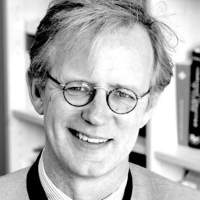
Professor of Strategic Leadership and Global Management, TU Berlin
Holds the chair of Strategic Leadership and Global Management at Technische Universität Berlin, Germany. Before joining TU Berlin, he served as a chair professor at the universities of Jena and Bamberg and as an endowment professor at the University of Heidelberg. Dodo received his Ph.D. and his post-PhD qualification from the University of Munich, served as a dean of the Faculty of Economics and Management at TU Berlin, as the vice president and president of the German Academic Association of Business Research (VHB) and as a co-program chair of the Strategic Management Society’s annual conference in Berlin. His and his chair’s research focuses on stakeholder influence on strategic decisions, mergers & acquisitions, diversification, top management teams and, most recently, on the strategic management of cities and on sustainability issues.
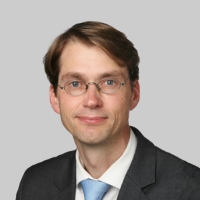
Deputy Head of Unit, Internal Market Unit, DG ENER European Commission
Oliver Koch is Deputy Head of the Internal Market Unit of the Commission’s Energy Directorate-General. His team works on the development of appropriate rules for an integrated EU electricity and gas market. Over the past three years he has worked intensively on a comprehensive review of EU market legislation (the so-called “Clean Energy Package”), a key element for the EU’s work on the European Green Deal. Oliver also coordinates the legal work of the Unit, notably the enforcement of EU rules vis-à-vis Member States, as well as the teams dealing with external aspects of the internal energy market, including the relations with Norway, Russia and Switzerland.
Before joining DG Energy, he worked in DG Competition in the field of energy antitrust (2007 – 2012) and merger control (2003 – 2007). Prior to joining the Commission, he worked as a lawyer in private practice (White & Case, Freshfields) and as an assistant lecturer (Göttingen University).
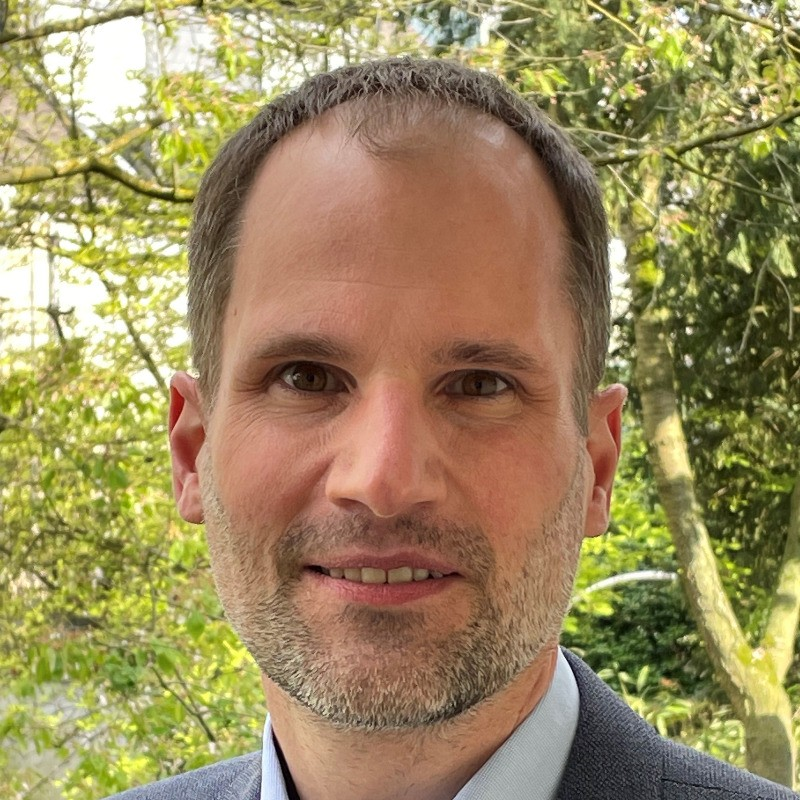
Professor at the University of Würzburg, LL.M. (Harvard), Fellowship at Harvard Law School
Carsten Koenig LL.M. (Harvard) is a Post-Doc Fellow at the Harvard Law School Program on Corporate Governance. Moreover, he is post-doctoral researcher and lecturer at the University of Cologne, where he is affiliated with the Chair of Civil Law, Competition Law, Regulatory Law, Law of the Digital Economy held by Professor Dr. Torsten Koerber, LL.M. (Berkeley) as well as with the Institute for Energy Law (EWIR). Before joining the University of Cologne, he held similar academic positions at Freie University Berlin, Technical University of Berlin, and the University of Goettingen. His research interests include all aspects of competition law, regulatory law (in particular energy law), the law of digital markets, corporate law theory, and law & economics. He wrote his doctoral thesis on “Congestion Management in German and European Electricity Supply” (in German), which was published in 2013.
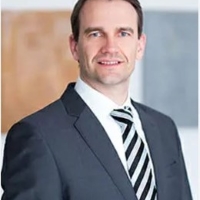
Managing Director at EEB ENERKO GmbH
Mr. Dr. Kraft is a Diplom Engineer in Electrical Engineering with a focus on Energy Technology and Energy Economics. After working at the Jülich Research Center, an engineering office in Aachen, and a publicly traded energy provider, he has been active in the ENERKO Group since 2007. He will continue to lead the Energy Concepts and Expert Opinions department and serve as the contact person for any inquiries.
ENERKO consists of four owner-managed companies that share their origin and vision: To optimize processes in the resource and, in particular, energy industry. As a partner for municipal and private companies, for institutions and authorities, for investors and public authorities. ENERKO develops exceptional solutions for energy and water supply, waste disposal, transport, urban development and environmental protection. At its locations in Aachen, Aldenhoven, Berlin and Düsseldorf, ENERKO is your partner for projects and processes in the resource and energy industry.
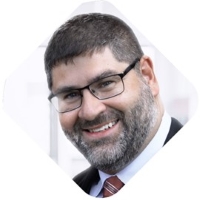
Managing Director / Board Member at VH Invest AG
15+ years of experience in the energy industry, (TSO business, electricity trading, renewable energies, research), project development and management, investment management. Joined Vortex Energy in 2012. VH Invest AG (VH) is a family-owned German capital group with strong ties to Poland and other European neighbors. VH has its roots in the wind energy sector, where the company started to prosper under the brand Vortex Energy. Starting as a developer of wind farms, VH soon expanded its portfolio to include services in construction and the PV sector. Since 2015, VH has slowly evolved into an investment company by acquiring stakes in several smaller, highly innovative companies from CleanTech to organic food. After selling its German, Belgian and Polish wind energy subsidiaries to external investors, VH expanded into new business areas like transportation and agriculture. Today, VH is a green investment company with a strong moral compass and a focus on social responsibility and family.
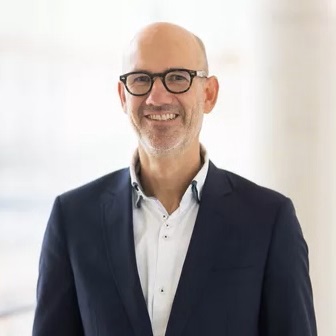
Professor for Project Management, Lecturer, Project Manager
He worked for fifteen years in the industry after completing his studies in electrical engineering and business administration at the Technical University in Dortmund and Fernuni Hagen. During this time, he held various roles, including managing national and international projects and programs, as well as leading a Project Management Office in an international context. Subsequently, he spent several years as a consultant, trainer, and coach in the field of project management for different companies before being appointed as a Professor of Project Management at the University of Applied Sciences and Arts Dortmund in 2012.
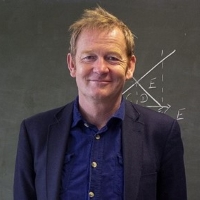
Professor of Economics and Macroeconomics at TU Clausthal
Roland Menges studied economics at Christian-Albrechts-University in Kiel and received his diploma in 1992. In 1993, he was a Visiting Scholar at the Centre for Experimental Economics at the University of York, UK. In 1996, he received his doctorate in Kiel for a thesis on uncertain preferences and the adaptive use of information strategies. Between 1999 and 2003, he was a member of the European Renewable Energy Certificate Trading (RECS) initiative, during the pilot phase of European certificate trading. His habilitation in economics took place in 2006 with a paper on the provision of environmental public goods at the University of Flensburg. Since July 2010, Menges is Professor of Economics and Macroeconomics at TU Clausthal.

Dean of the Energy Masters, Academic Director of the MBA Energy Management and Professor at TU Berlin
He has held various prominent roles in the energy and resources field. Currently a Professor for Management of Energy and Resources at the TU Berlin since April 2015, he previously served as a Professor for Gas Supply Systems at the TU Clausthal from January 2010 to March 2015. His extensive experience includes senior consultancy at Consentec Consulting and leadership roles at the Federal Network Agency for Electricity, Gas, Telecommunication, Post and Railways in Bonn. Prior to that, he was a consultant at BET Büro für Energiewirtschaft und Technische Planung GmbH in Aachen, specializing in energy utilities and international energy trade. His academic background includes a PhD in Energy and Process Engineering from TU Berlin and additional studies in Business and Economics at RWTH Aachen. Prof. Müller-Kirchenbauer has also been involved in international projects, including research internships in India and Colombia.
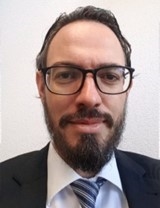
Managing Consultant, Business Lead for Transmission Grids Northern Europe, DNV
Matthias Müller-Mienack has exceptional expertise in planning and operation of power grids. He holds a PhD in Electrical Engineering of the Brandenburg Technical University where he also passed his Electrical Engineering study. He gained his experience in the energy and esp. in the transmission sector at well-known companies such as Vattenfall, 50Hertz Transmission GmbH and its spin-off GridLab GmbH and since 2018 at DNV. He has an excellent work ethic and the way he has managed large project is commendable. He is an affable person and is always willing to help us despite his busy schedule.
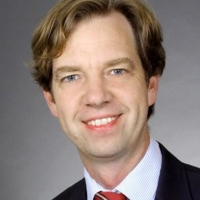
Associate Director for Energy Systems and Markets at Guidehouse Energy / Lecturer at TU Berlin
Dr. Christian Nabe is an associate director in Guidehouse’s Energy, Sustainability, and Infrastructure segment in Berlin. He focused on strategic and regulatory aspects of renewable energy integration into power systems and markets. He has more than 16 years of experience with strategic and energy policy consultancy and applied research for governments, businesses and NGOs. He leads Guidehouse’s work on the interface of network and market regulation, power market design and the interaction of generation and demand side instruments. He has carried out numerous consulting assignments for the European Commission, the German Federal Network Agency, the German Ministry of Environment, the German Ministry of Economics as well as for utility companies.
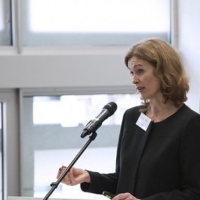
Project Lead Green Deal Ukraina at Helmholtz Center Berlin
Dr. Nies is strongly committed to sustainability and reaching Net Zero with no delays. ´Wenn nicht jetzt: wann dann?´ She is General Manager Germany at Smart Wires, a Global Green Tech company that optimises power networks through modular load flow control. She also serves as Board chair of currENT.
She is a German national holds a PhD and a habilitation from Bonn University, Berlin Free University, and Sciences Po Paris, in Political Sciences/Slavistics/Romanistics, as well as two Economics Degrees from London School of Economics. Susanne is fluent in English, French and Russian, in addition to German.
Previous positions include, until March 2020, Strategy and Communication Managing Director with ENTSO-E, the European Network of Transmission System Operators, Power Generation and Distribution Unit Head in EURELECTRIC, the European power sector association, until 2010 Brussels Director and Senior researcher to the energy program of the French Institute for International Relations (IFRI) . She has a long academic track record (Berlin Free University, Paris Sciences Po) and Research- and Think Tanks (CERI, IRIS, CIFE). She authored several publications such as lately ‘The European Energy transition’ (Claeys and Casteels 2019 and 2nd edition 2020). Susanne teaches at TU Berlin and is also Curator of Fraunhofer IEE and member of the Editorial Board of the European Energy Journal.
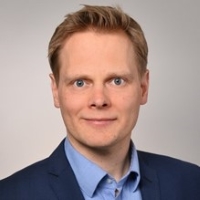
CEO of INENSUS Ltd.
Nico Peterschmidt is the CEO, a co-founder and shareholder of INENSUS. He holds a degree in Power Systems Engineering from Clausthal University of Technology, Germany. With over 16 years of professional experience in the minigrid sector, he provides expert guidance to development banks, governments, and investors in establishing rural electrification programs. Nico played a key role in co-developing the award-winning MicroPowerEconomy business and risk management model for solar minigrid electrification, as well as the rural industrialization concept, The KeyMaker Model. Serving as a juror for the German Innovation Award for Climate and Environment and a lead juror for the European Business Awards for the Environment, Nico is based in Goslar and is proficient in both German and English.
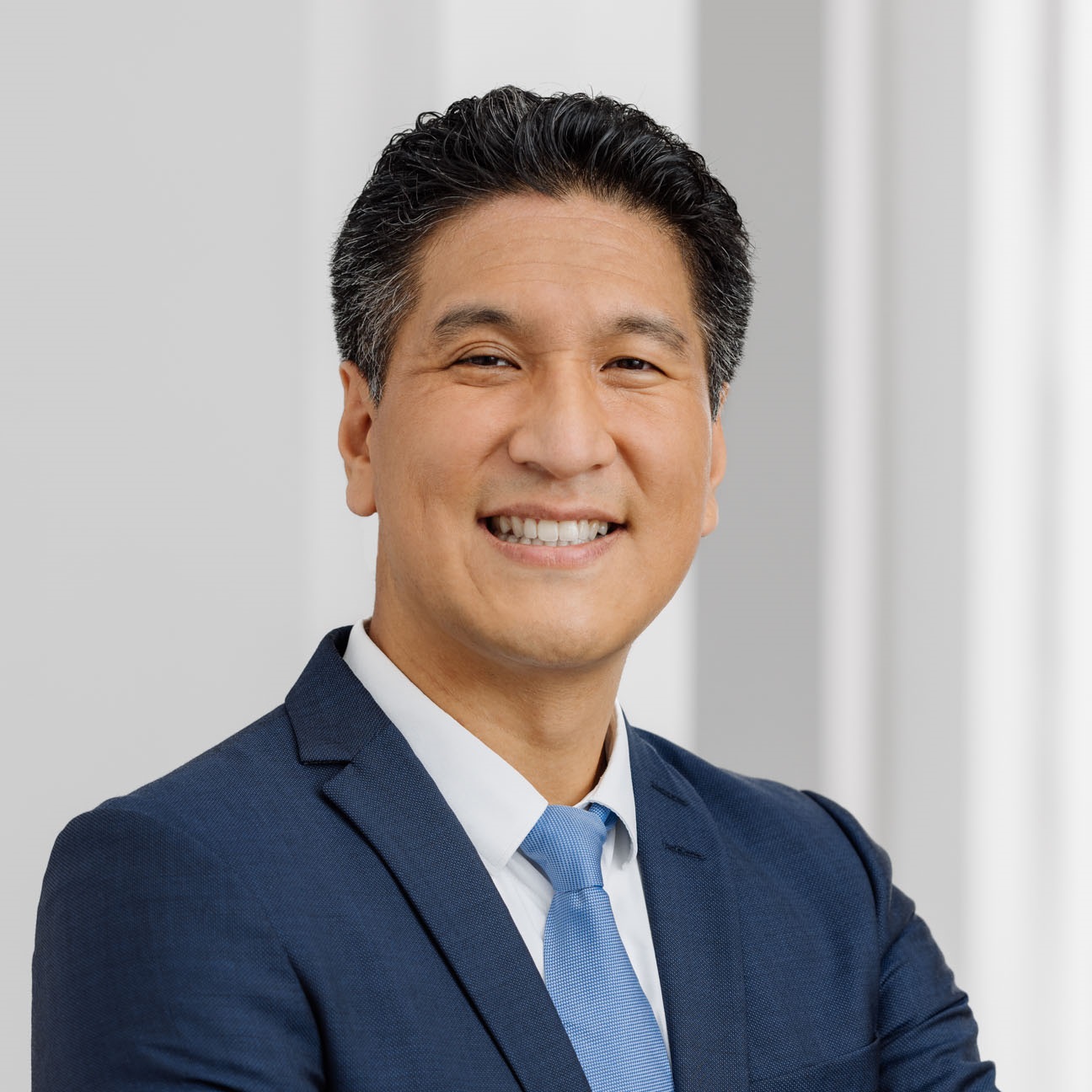
Professor for Energy System Economics at RWTH Aachen University, President of the German Association for Energy EconomicsPresident of the German Association for Energy Economics
Prof. Aaron Praktiknjo holds the Chair for Energy Systems Economics at RWTH Aachen University. He is President of the German Association for Energy Sciences and Energy Policy (GEE) and Vice President of the International Association for Energy Economics (IAEE). Together with Peter Zweifel and Georg Erdmann, he is co-author of the textbook “Energy Economics – Theory and Application”.
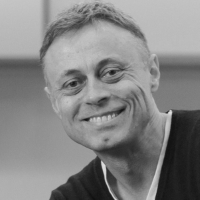
Professor for Technology and Innovation Management at TU Berlin
Søren Salomo professor for Technology and Innovation Management at TU Berlin. He is an internationally recognized scholar in the field of Innovation Management and has published numerous scientific articles on topics like New Product Development Teams, Organizing for Radical Innovation in Established Firms, Why Measuring Innovativeness Makes Sense for Innovation Managers.
His work spans from new product development practices in manufacturing firms, to new service development in global markets, to management of networks in pharmaceutical clinical trials and the specific challenges of successful innovation in hospitals. He has also published a number of books and is a lead author on prime German textbook on Innovation Management.
Søren is a seasoned presenter at professional conferences and often booked for internal workshops in organizations seeking to improve their innovation performance.
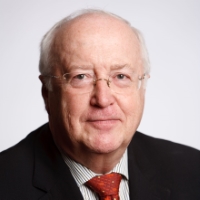
Professor and Academic Director for Energy Law at TU Berlin
Prof. Jürgen Säcker, a distinguished scholar, boasts a vast and influential career in law, particularly in the realms of competition and energy law, and contract law. Since 1985, he has been a member of national and international arbitration courts. His notable roles include serving as the Executive Director of the Institute of Energy and Regulatory Law in Berlin from 1994 to 2018 and as the Academic Director of the Master’s Programme European and International Energy Law at TU Berlin from 2014 to 2022. Prof. Säcker is a founding member and the First Executive Director of the German and European Scientific Society of Regulatory Law. He has held various advisory roles, including being a member of the Advisory Board of the German Government for Modernisation of the German Water Industry since 2013. With a distinguished educational background, he earned his doctorate in law and economics in 1970 and has received numerous honors, including an honorary doctorate title from the National Kapodistrias University of Athens in 2017 and the Order of Merit from the German President in 2008. His academic career includes positions at universities in Berlin, Kiel, and Hamburg, demonstrating his extensive contributions to legal academia.
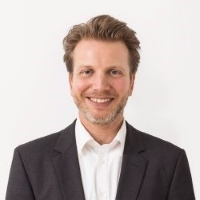
Executive Member of the Board and Treasurer at IKEM, co-founder of 2zero, legal expert
Dr Simon Schäfer-Stradowsky, born in 1982, holds a diploma in law from the University of Greifswald. He specialises in innovative energy and climate law and is the managing director of the Institute for Climate Protection, Energy and Mobility (IKEM). Since 2011, he has served on committees, delivered presentations and released numerous publications on the topic of climate change, serving as a form of translator between politics and law.
His main research includes support regimes for renewable energies, the transition to a more flexible electricity market and the establishment of a legal framework for green hydrogen and ammonia. In addition to this, he specialises in the new area of climate law on an international as well as national level.
Dr Schäfer-Stradowsky studied law at the Free University of Berlin and subsequently worked as a lawyer in the German Bundestag and as a lawyer, specialised in energy law, at the law firm Becker Büttner Held. In 2021, he completed his doctorate with a thesis on the law governing the heat transition in the building sector at the University of Greifswald, supervised by Prof Michael Rodi.
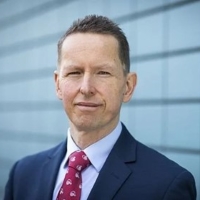
Head of Department of Energy Networks and Renewable Energy Integration at TU Berlin
He is head of the Department of Energy Networks and Renewable Energy Integration (SENSE) at the Technical University of Berlin, Berlin, Germany and has profound knowledge in the field of energy. He received his engineering degree (Dipl.-Ing.) from Saarland University, Germany. He worked as a research associate at Brunel University, Brunel Institute of Power Systems, London, UK and received his Ph.D. degree (Dr.-Ing.) with “summa cum laude” from Saarland University, Germany. He was also a research engineer at Electricité de France (EDF), Paris, France, and held an assistant professorship in electrical engineering at the University of Washington, Seattle, USA.
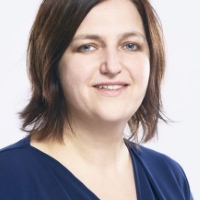
Professor of Business Law at Bremen University of Applied Sciences
She is professor at the Bremen University of Applied Sciences (HSB) for many year. Moreover she is the dean of studies at HSB. She has previously lectured at University of Warwick, UK, among other positions.

Marketing Director at G2Plus Ltd.
As Marketing Director, Customer Development and Project Manager for Energy Efficiency Ms Schönebeck is a certified real estate agent who began her career at a housing association in Hamburg. She completed a bachelor’s degree with a technical focus in the area of facility management at the Münster University of Applied Sciences in cooperation with Beiersdorf AG in Hamburg. Following a semester abroad in Helsinki, Finland as part of an English-language master’s programme at the HTW Berlin – University of Applied Sciences, she was employed in the real estate services area at an international FM service provider in Dublin, Ireland. She then joined Gegenbauer Facility Management in Berlin and worked closely together with Gegenbauer and G2Plus to successfully complete her master’s in digitization and Industry 4.0 in the area of energy and facility management. Ms Schönebeck has worked as a marketing and project manager for energy efficiency at G2Plus since summer 2017.
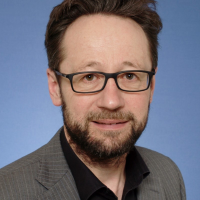
Head of Battery Development (RWE Supply & Trading)
Hans-Günter Schwarz has expert knowledge in techno-economic modeling as well as long-term experience in energy business and managerial positions. Dr. Hans-Günter Schwarz brings extensive expertise to the energy sector, boasting a substantial background in managerial roles. With a proven track record, he has successfully developed utility-scale battery projects up to the Final Investment Decision (FID) stage and implemented innovative business models. Dr. Schwarz possesses a profound understanding of the intricacies of the battery business, including the drivers, value pools, and the realization of portfolio effects with other assets. His expert knowledge allows him to adeptly translate battery use cases into the most fitting technical designs. Furthermore, Dr. Schwarz has demonstrated entrepreneurial capabilities and is recognized as an expert in the power market.He works in RWE Supply & Trading GmbH since 2011. Besides his work, he also has been teaching electricity sector business modeling in TU Energy Management MBA program since 2016.
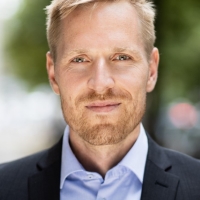
Project Leader and Product Owner at Stromnetz Berlin
He is Project Leader and Product Owner, accelerating the urban energy transition at Stromnetz Berlin. The company is responsible for Berlin’s distribution grid. The distribution grid consists of sub-grids at high voltage (110 kV), medium voltage (10 kV) and low voltage (0.4 kV) and is linked to the upstream transmission grid via substations. Our distribution grid efficiently supplies all customers with energy and is available to all users to the same degree, regardless of which energy supplier they have chosen.

Energy Management Expert and Business Development Manager at Menlo Electric
Byron Stuntz serves as the Business Development Manager for the European Region at Menlo Electric. His extensive background includes expertise in PV and H2 activities, with a focus on compiling risk assessments, market entry strategies, and growth evaluations for renewable projects. Drawing from a consultancy background, Byron is adept at driving commercial and strategic operations to facilitate the growth of H2 and PV businesses. His professional passions lie in Resource and Energy consultancy, Renewable Energy Technology Development, Energy Policy Development, and Energy Law. Byron is a graduate of both Bachelor of Science and Bachelor of Arts programs at The University of Sydney, and he holds an MBA in Energy Management from Technische Universität Berlin.
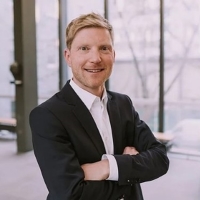
Professor and Head of the Production and Operations Management research group at TU Berlin
Dr. Thomas Volling is Professor and Head of the Production and Operations Management research group. He received his doctorate in 2008 from the Institute of Automotive Economics and Industrial Production (AIP) at Braunschweig Technical University on the subject of “Order-related planning for variant-rich series production”. In research projects Thomas Volling cooperates with companies and institutes, including Bosch, MAN, PSI, Salzgitter, ThyssenKrupp und Volkswagen. In research and teaching, Thomas Volling deals with business management problems of production and operations management as well as their modeling and solving with the help of quantitative models and methods of operations research. His research focus is on issues arising in the manufacture and marketing of products with many variants, especially at the interfaces of production, logistics, sales and service.
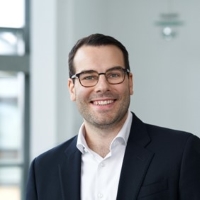
Group Finance Director at Phoenix Medical Supplies Ltd. UK
Maximilian Wachter is Group Finance Director at Phoenix Medical Supplies Ltd. in Runcorn which is the UK entity of PHOENIX group, the European leader in pharmaceutical wholesale, pharmacy retail, and services for the pharmaceutical industry. With a presence in 29 healthcare markets, the company offers unique geographical coverage throughout Europe, making a vital contribution to comprehensive healthcare with more than 48,000 employees.
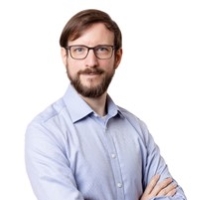
Assistant Professor and Marie Skłodowska-Curie Fellow at the Copenhagen School of Energy Infrastructure (CSEI)
Dr Jens Weibezahn is an Assistant Professor and Marie Skłodowska-Curie Fellow with the CSEI at Copenhagen Business School (CBS). His research mainly focuses on flexibility options, sector integration, decentralization, and planning and market design in energy systems using – amongst other methods – open-source energy system models. He holds a Ph.D. in economics from Technische Universität Berlin and was a Research Associate at TUB’s Workgroup for Infrastructure Policy (WIP), where he is now also a Guest Researcher. Having studied at TU Berlin and the University of California, Berkeley, he has a background in industrial engineering and management with a concentration on energy and transportation infrastructure. In addition, he is shareholder Managing Director of Energiemanufactur GmbH, specialized in prospecting, planning, financing, and operating solar power plants.
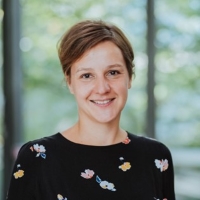
Law Professor at University of Applied Sciences Munich
Prof. Dr. Susanne Wende received her doctorate at Freie Universität Berlin in 2009. She is a fully qualified German lawyer and worked with the law firm Noerr for about 10 years. At the same time, she had been giving lectures on European Product Liability Law in Freie Universität Berlin until 2014. From 2014, she started teaching energy law in TU Berlin MBL program, and in 2020 she also took the responsibility as the academic program manager for the program. Her academic research focusses on sustainability in energy law; the legal framework of the hydrogen economy and product compliance.
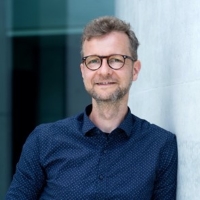
Head of Research and Development at energenious / Research Associate at TU Berlin
Christian Wiezorek possesses extensive knowledge in Renewable Energy Systems, emphasizing both thermal and electrical power applications. He specializes in dynamic techno-economic modeling, employing simulation and optimization techniques. His professional pursuits include evaluating efficient solutions for smart energy systems, particularly within the realms of Smart Grids and energy trading markets. With a background in international cooperative research, project management, and entrepreneurship, Mr. Wiezorek brings a wealth of experience to the field.
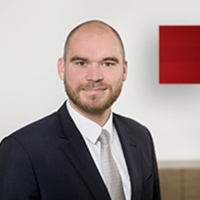
Senior Consultant at Consentec GmbH
Sebastian Willemsen is a Senior Consultant and has been with Consentec since 2014. He studied industrial engineering with a specialization in electrical power engineering at RWTH Aachen University. At Consentec, he is involved in the preparation of studies for public and private clients with the model-based analysis of power supply systems. In the context of his part-time dissertation, he is investigating the usefulness and design of location incentives for conventional and renewable generation plants.
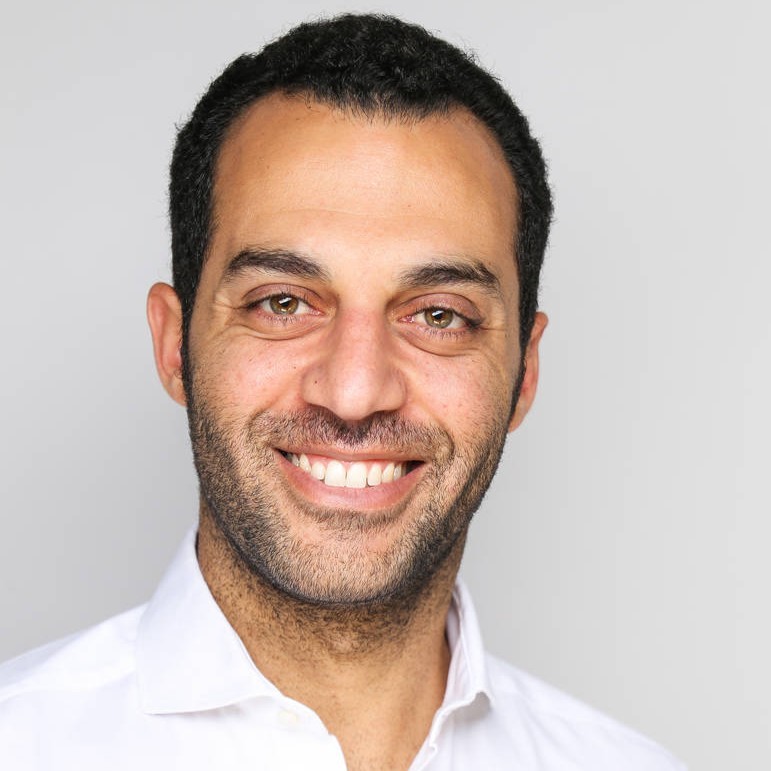
Project Manager at ib vogt GmbH
Hussein Fahmy, a seasoned Project Manager and Business Developer, boasts a decade of international expertise in the solar energy sector. His comprehensive skill set spans project management, technical analysis, detailed planning/engineering, and construction supervision of solar PV power plants. In addition, Mr. Fahmy excels in business development, strategy formulation, and financial analysis, particularly in the realm of on-grid and off-grid applications, with proficiency in storage solutions. He holds an MBA in Energy Management from TU Berlin and a BSc. in Mechanical Engineering from Cairo University.
Advantages & Opportunities
The program has been developed in close cooperation with leading enterprises, consultancies, and regulatory authorities in the energy sector. The study location is on the exciting EUREF-Campus where many industry leaders set up offices and think tanks. Excursions to industrial outlets and companies further strengthen the link between theory and practise.
We are part of Technische Universität (TU) Berlin, one of Germany’s largest universities with currently more than 30,000 students. TU Berlin offers a wide range of support and extracurricular activities.
The program’s interdisciplinary content, which covers the political, economic, technical, and legal aspects of the energy markets, gives students and future employees a distinctive profile and qualifies them for leading positions in the energy sector. Learning and studying in small groups of up to 30 students allows for individual and excellent learning conditions.
Subjects for master theses are top-notch research opportunities and are often based on industry or government proposals. The skills and knowledge transferred in our courses are in high demand in all energy-related industries, so career opportunities for graduates are exceptional.
Quality Assurance
Part of sustainability is quality management. Quality should not be left to chance but be the result of a continuous improvement process. The TU Berlin changed its quality focus from the quality assurance of individual study programs to the evaluation of the university as a system. The TU Berlin has designed its quality assurance procedures in such a way that the participating actors can develop themselves in a responsible manner and in dialogue with each other. System accreditation leads to the accreditation of all study programs offered by a university.
“The subject of system accreditation is the internal quality assurance system of a university in the field of study and teaching. The structures and processes relevant for teaching and studies are examined to ensure that they achieve the achievement of the qualification objectives and the high quality of the courses, whereby the requirements of the Conference of Ministers of Education (KMK) are the European Standards and Guidelines for Quality Assurance in Higher Education (ESG), and the criteria of the Accreditation Council apply.
A positive system accreditation certifies the university that its quality assurance system in the field of study and teaching is suitable for ensuring the achievement of the qualification objectives and the quality standards of their degree programs. Degree programs that are set up according to the specifications of the accredited system or have already been subject to internal quality assurance according to the specifications of the accredited system are thus accredited.” (Own translation after German Accreditation Council of 20/02/2013.)

The program is accredited within the system accreditation of the TU Berlin.
Please visit the webpage Accredited Degree Programs of the TU Berlin for more information.
Here you can find the certificate as PDF.
Tuition Fees
The tuition fee for the master’s program is 19,800 Euro (6,600 Euro per semester) plus the regular TU administration fees of currently 113.09 Euro per semester. The tuition fees cover all courses and materials. Since October 2023, the regular administration fees no longer include the semester ticket for the use of public transport in the Berlin city area (tariff zones ABC). Tuition fees and the in/exclusion of the semester public transportation ticket are subject to change. Please check the regular administration fees for the latest information.
Schneider Electric is offering scholarships for this program.
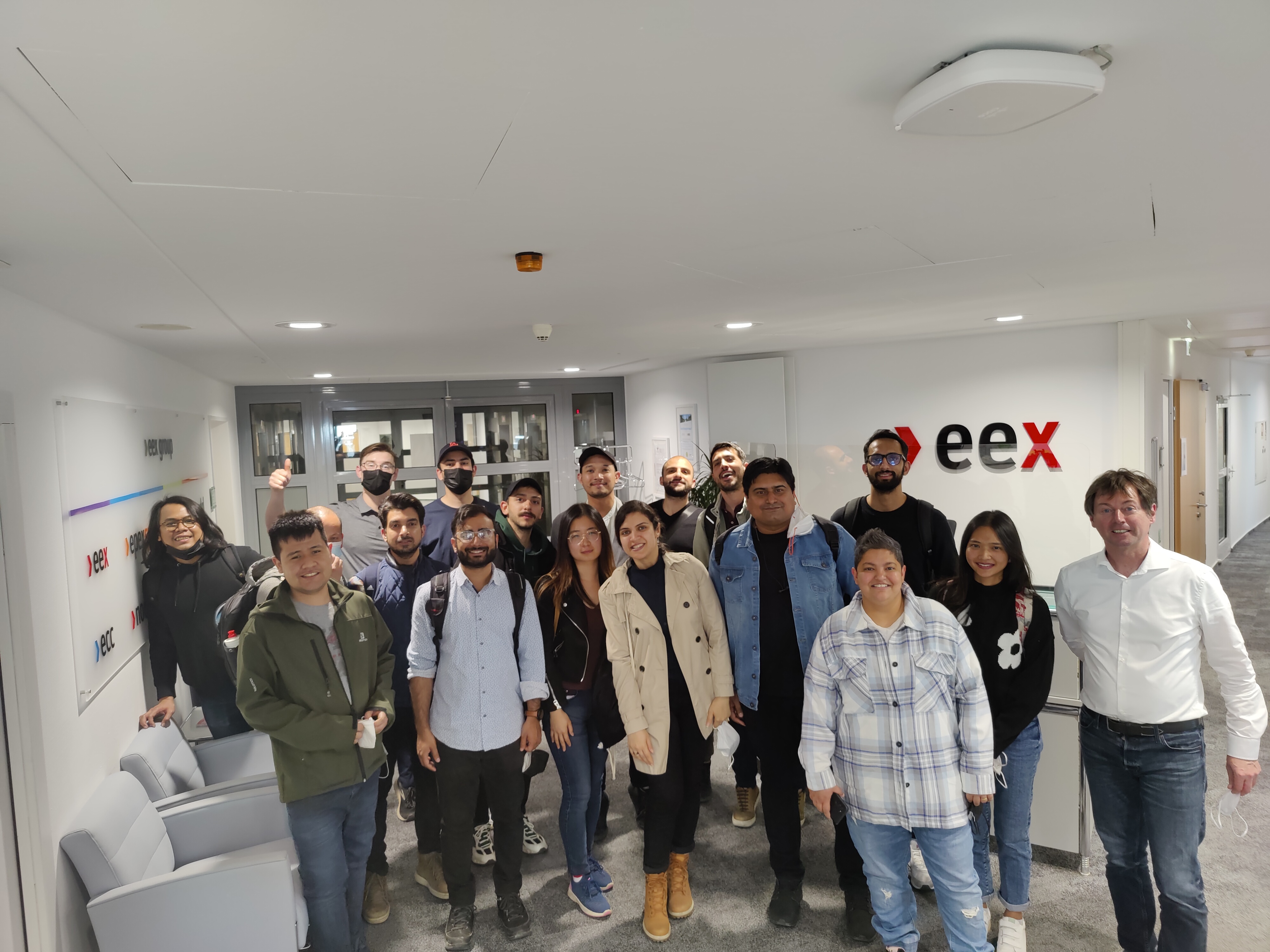
MBA Energy Management students at the European Energy Exchange (EEX), early 2022
Testimonials
Student Manual
Click on the button to load the content from miro.com.
Download the
 Student Manual
Student Manual
for more insights!
Team

Academic Director
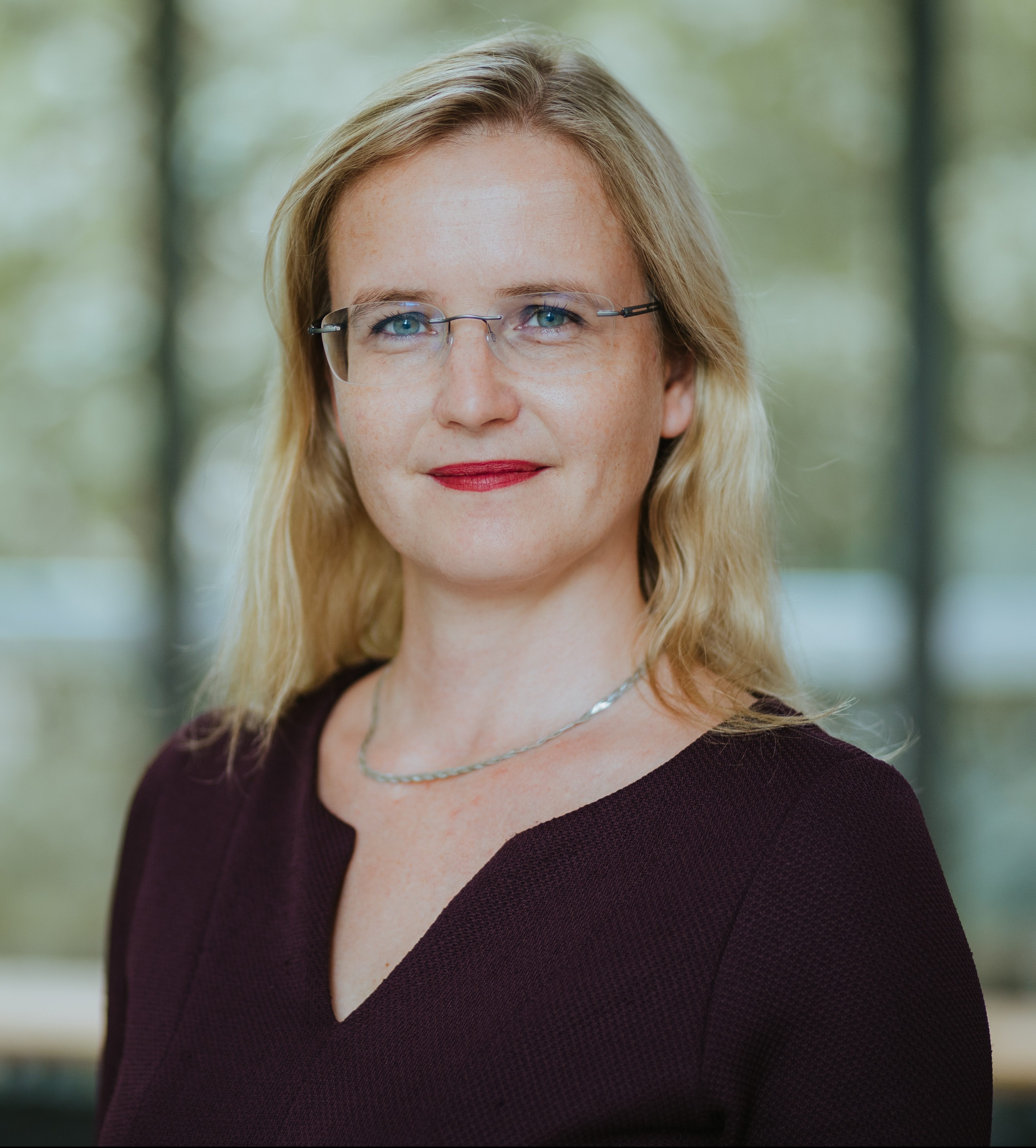
Administrative Manager
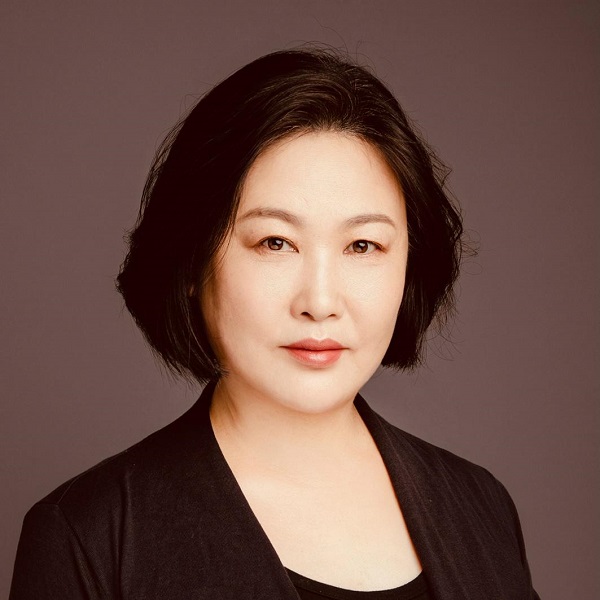
Academic Program Manager
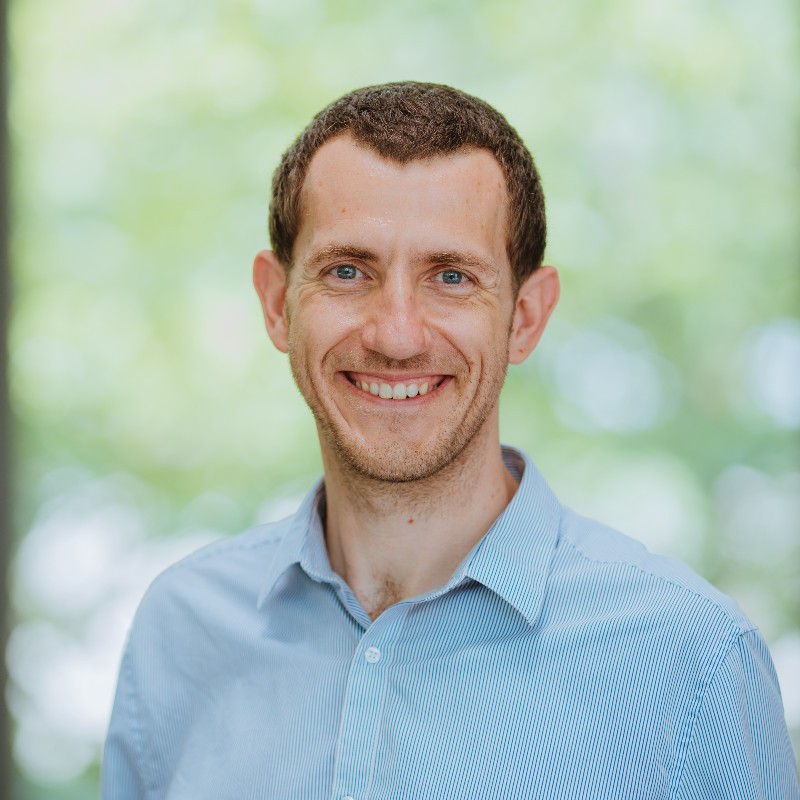
Academic Program Manager
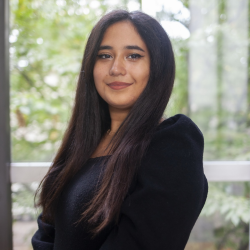
Administrative Assistant

Student Assistant

Student Assistant
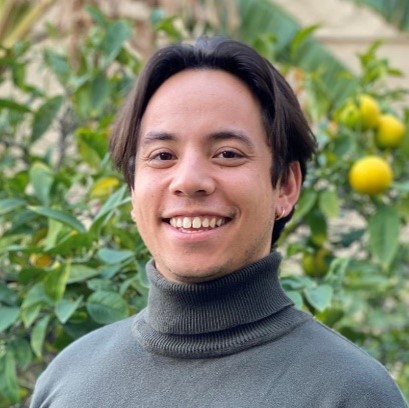
Student Assistant

Student Assistant
Application
The application deadline is April 30th of each year for a start in October of the same year.
Our next intake is for the 2024/2025 academic year, which begins in October 2024. The application period (see required documents below) runs from February through April 2024.
Required application documents:
- Motivation letter in English (max. 1 page A4, ca. 400 words)
- Tabular Curriculum Vitae with information about educational and professional background
- University degree(s) recognized by German universities (at least 210 ECTS)
- Proof of work experience of at least one year (preferably in the relevant working areas of energy) after completion of studies
- Graduate Management Admission Test (GMAT) or Graduate Record Examination (GRE) – if available
- Proof of knowledge of the English language at level B2 (or higher) of the Common European Framework of Reference for Languages (CEFR) – not required for high school graduation with English language
The number of students is limited to 30 per year. An admission committee decides about the selection based on a ranking taking into account overall qualification, work experience, language skills, results of former studies, and the study profile.
If you have any questions regarding the application procedure for the Energy Management MBA, please contact Mrs. Sandra Lubahn at: sandra.lubahn@campus.tu-berlin.de
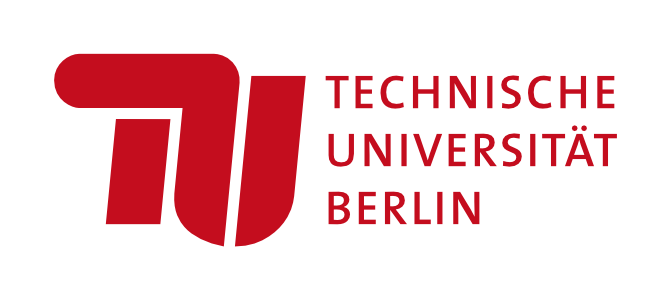
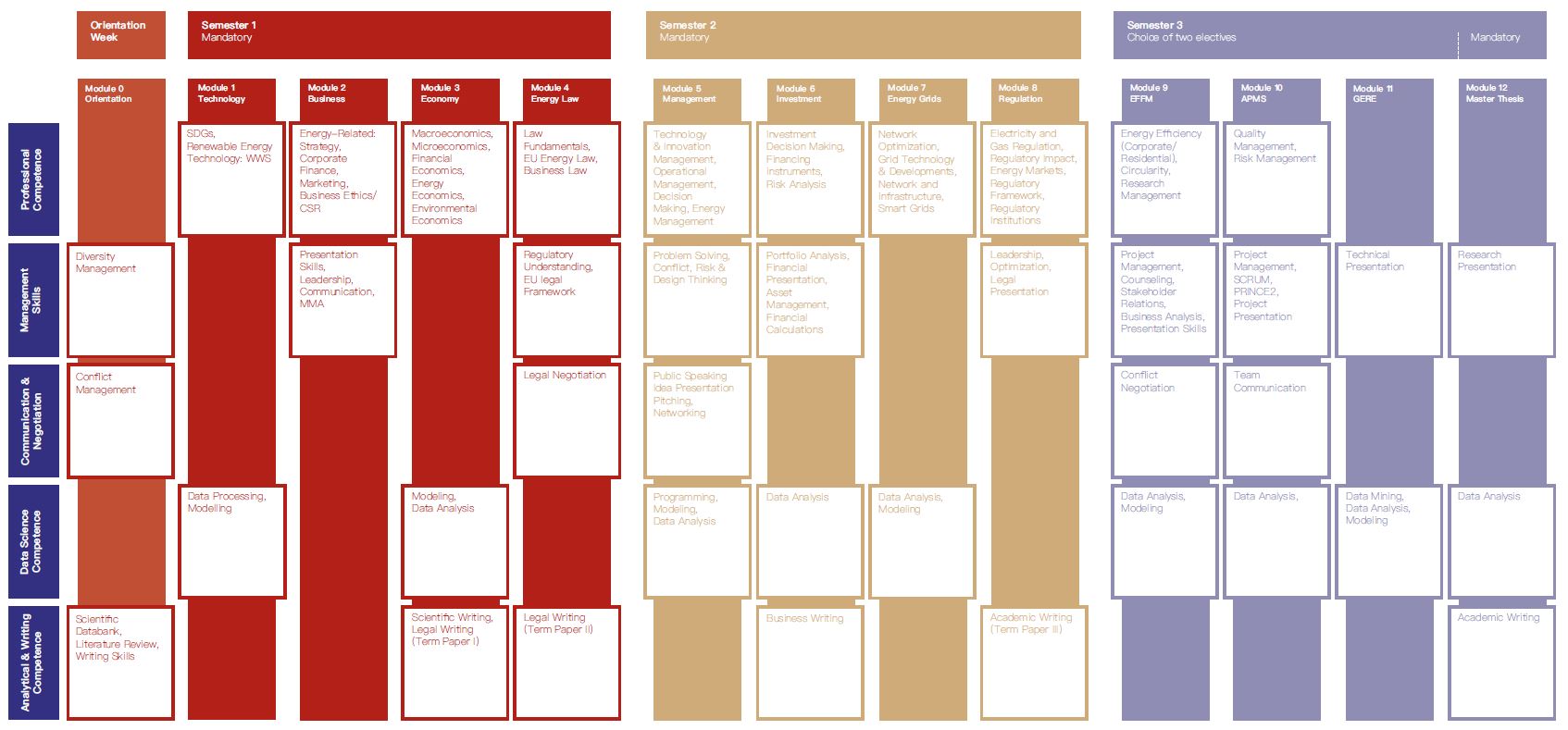 Please click on the picture for more details
Please click on the picture for more details

 The Master Program Energy Management at TU Berlin has been a truly fantastic 1 ½ year experience. The major strength of the MBA proposed at TU Berlin is the transverse knowledge proposed in the program. Technical issues, economical assessments, and regulatory aspects are all three core elements that are necessary to gain a deep understanding of energy topics in a globalized world and to build a valuable analysis for public and private energy projects. I particularly enjoyed studying these topics in an international class with professionals coming from all over the world with different backgrounds and points of view. Our differences challenged us on a daily basis and participated to enlarge our comprehension of the world. For all these reasons, I am pleased to enthusiastically recommend this program!
The Master Program Energy Management at TU Berlin has been a truly fantastic 1 ½ year experience. The major strength of the MBA proposed at TU Berlin is the transverse knowledge proposed in the program. Technical issues, economical assessments, and regulatory aspects are all three core elements that are necessary to gain a deep understanding of energy topics in a globalized world and to build a valuable analysis for public and private energy projects. I particularly enjoyed studying these topics in an international class with professionals coming from all over the world with different backgrounds and points of view. Our differences challenged us on a daily basis and participated to enlarge our comprehension of the world. For all these reasons, I am pleased to enthusiastically recommend this program!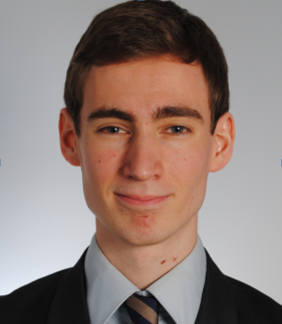 Now in this first semester of the Master Program in Energy Management at TU Berlin, I am thrilled and excited to meet and work with people from all around the world with diverse backgrounds in a very friendly and challenging environment. The campus truly has a buzz with many start-ups and established companies experimenting with the latest tech and ideas. The courses are great with excellent internationally recognized professors from academic as well as industrial backgrounds. I thoroughly enjoy the highly interactive sessions, and the supervisors put in a great effort at creating a relaxed environment for the students to get acquainted with all aspects of the subject. I am eagerly looking forward to the next semesters and can highly recommend this program!
Now in this first semester of the Master Program in Energy Management at TU Berlin, I am thrilled and excited to meet and work with people from all around the world with diverse backgrounds in a very friendly and challenging environment. The campus truly has a buzz with many start-ups and established companies experimenting with the latest tech and ideas. The courses are great with excellent internationally recognized professors from academic as well as industrial backgrounds. I thoroughly enjoy the highly interactive sessions, and the supervisors put in a great effort at creating a relaxed environment for the students to get acquainted with all aspects of the subject. I am eagerly looking forward to the next semesters and can highly recommend this program!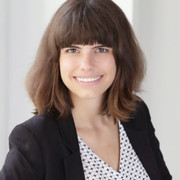 The MBA program Energy Management is very well structured and thought through. Professors and lecturers come from various energy backgrounds and are highly involved academically, politically and economically into Germany´s Energiewende. I can apply my acquired knowledge directly at my workplace but also actively engage in the large and inspiring energy scene in Berlin and Germany. Excursions give us insights regarding relevant market players and opportunities to connect with future employers. It is particularly inspiring to study with such an international student crowd since we can share and critically discuss our diverse knowledge and experiences in the energy field from many different regions in the world.
The MBA program Energy Management is very well structured and thought through. Professors and lecturers come from various energy backgrounds and are highly involved academically, politically and economically into Germany´s Energiewende. I can apply my acquired knowledge directly at my workplace but also actively engage in the large and inspiring energy scene in Berlin and Germany. Excursions give us insights regarding relevant market players and opportunities to connect with future employers. It is particularly inspiring to study with such an international student crowd since we can share and critically discuss our diverse knowledge and experiences in the energy field from many different regions in the world.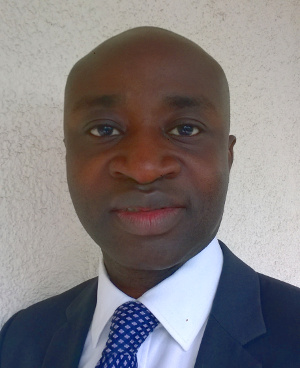 The broadness of its carefully selected content makes this program perfect for student’s career growth into global business leadership and policymaking in the energy sector. It is truly multicultural and provides additional opportunities through close collaboration with both transnational and startup energy companies. Technical University Berlin is a world-class scientific academic environment, allowing interdisciplinary initiatives, encouraging teamwork with experts’ supervision, offering frequent and relevant seminars and excursions to boost the practical experience. Students enjoy superb and individual support from both the academic and administrative staff.
The broadness of its carefully selected content makes this program perfect for student’s career growth into global business leadership and policymaking in the energy sector. It is truly multicultural and provides additional opportunities through close collaboration with both transnational and startup energy companies. Technical University Berlin is a world-class scientific academic environment, allowing interdisciplinary initiatives, encouraging teamwork with experts’ supervision, offering frequent and relevant seminars and excursions to boost the practical experience. Students enjoy superb and individual support from both the academic and administrative staff. Since January 2018 I am working with Uniper and putting into practice most (if not all) the experience from the MBA program Energy Management.”
Since January 2018 I am working with Uniper and putting into practice most (if not all) the experience from the MBA program Energy Management.”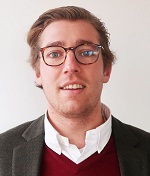 The MBA in Energy Management at TU Berlin offers a diverse style of education, alongside a healthy environment to develop your skills in Business Administration. The coursework is diverse enough to allow for people from all walks of life to benefit from new core skillsets. The courses ability to identify key skills in the economic, technical, legal and management sectors allows for a better understanding of the energy transition and thus give’s all student an opportunity to develop a greater understanding of the energy sector as a whole. The skills that I have learned from the course have allowed me to put forth an in-depth MBA thesis which has furthered my career prospects both in Germany and back in my home country of Australia. Finally, the course prides itself on diversity amongst the cohort, which allows people from all corners of the world to learn different perspectives, different work ethics, and ideologies. This alone was a highlight is it allowed for in-depth assessments amongst our case study work and subsequently long-lasting relationships to foster beyond the classroom. I would highly recommend applying for the MBA in Energy Management at TU Berlin as a result.”
The MBA in Energy Management at TU Berlin offers a diverse style of education, alongside a healthy environment to develop your skills in Business Administration. The coursework is diverse enough to allow for people from all walks of life to benefit from new core skillsets. The courses ability to identify key skills in the economic, technical, legal and management sectors allows for a better understanding of the energy transition and thus give’s all student an opportunity to develop a greater understanding of the energy sector as a whole. The skills that I have learned from the course have allowed me to put forth an in-depth MBA thesis which has furthered my career prospects both in Germany and back in my home country of Australia. Finally, the course prides itself on diversity amongst the cohort, which allows people from all corners of the world to learn different perspectives, different work ethics, and ideologies. This alone was a highlight is it allowed for in-depth assessments amongst our case study work and subsequently long-lasting relationships to foster beyond the classroom. I would highly recommend applying for the MBA in Energy Management at TU Berlin as a result.”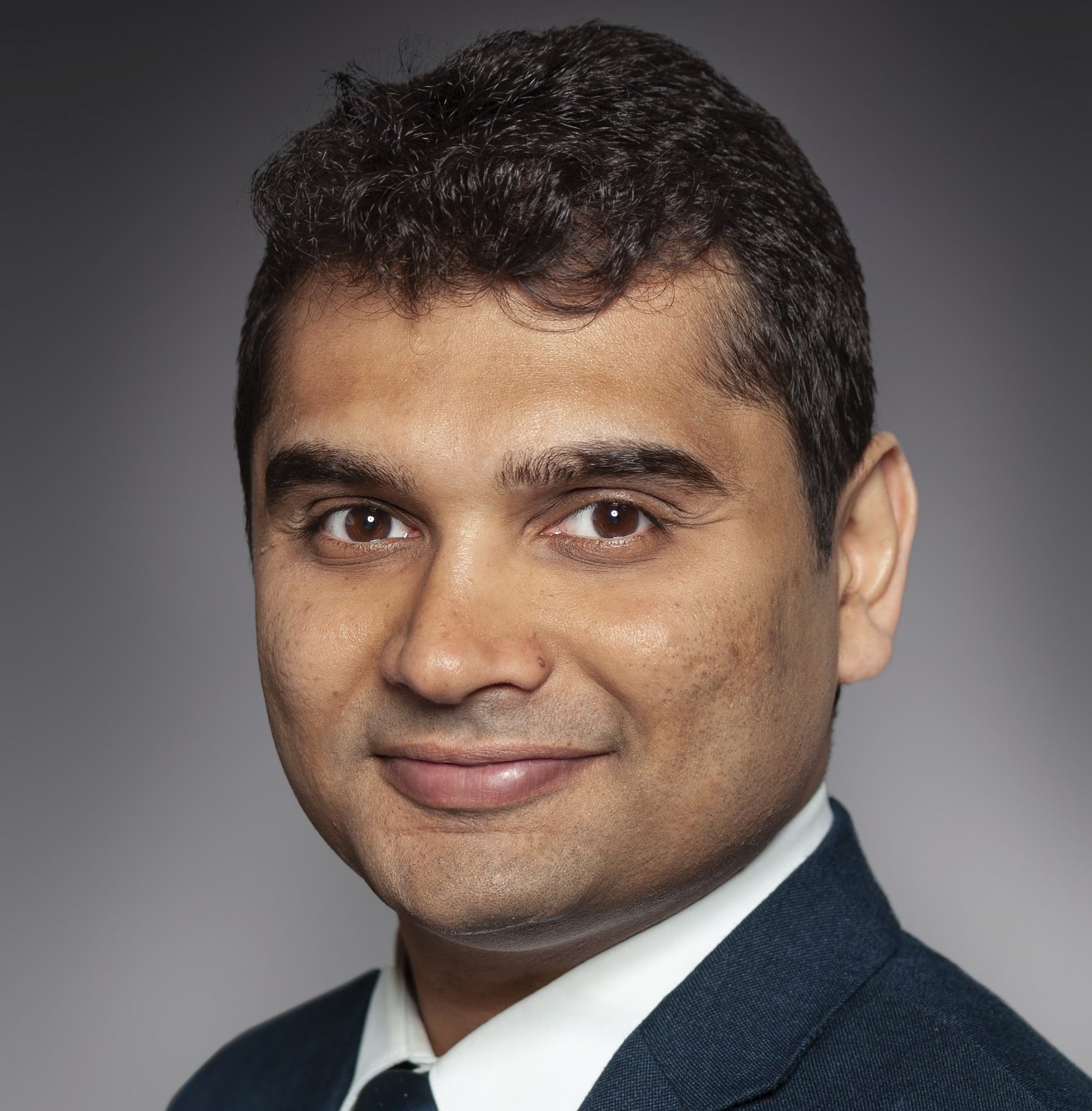 The master’s in building sustainability program at TU Berlin was a great opportunity to work closely with the Germany industry in an academic setting. I loved how the program was designed to let students work in projects with external industry partners. Combined with great professors and teaching staff, the overall learning package let students take control of their learning and dive deep into their interest areas. The program also provided me the flexibility to work at CBRE GmbH throughout the study duration. Having worked in the German real estate sector for a few years now and looking back at the program, it was a great stepping-stone in my career.
The master’s in building sustainability program at TU Berlin was a great opportunity to work closely with the Germany industry in an academic setting. I loved how the program was designed to let students work in projects with external industry partners. Combined with great professors and teaching staff, the overall learning package let students take control of their learning and dive deep into their interest areas. The program also provided me the flexibility to work at CBRE GmbH throughout the study duration. Having worked in the German real estate sector for a few years now and looking back at the program, it was a great stepping-stone in my career.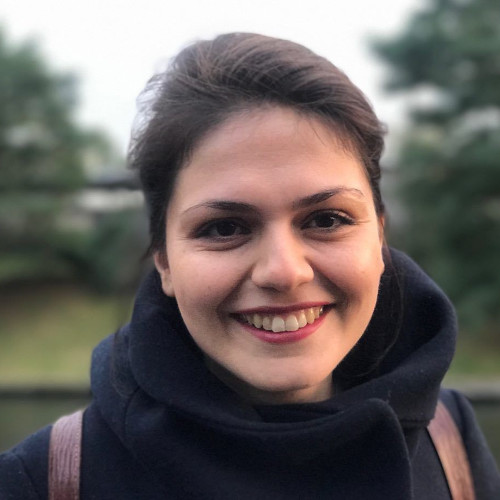 I studied MBA building sustainability, which give me wide insights to the broad topic of energy transition in building sector from architecture to building facilities and real estate up to urban and regional planning. Having lecturers with different energy related backgrounds builds an ideal atmosphere for cross sectoral discussions in energy and sustainability fields in built environment. Locating in a dynamic environment of the Euref campus in one side, and high range of international students from the other side prepare a proper networking opportunity for the students. Personally innovation and technology management course supported me methodological in approaching my career goals in the area of innovation management and business development for the energy transition.
I studied MBA building sustainability, which give me wide insights to the broad topic of energy transition in building sector from architecture to building facilities and real estate up to urban and regional planning. Having lecturers with different energy related backgrounds builds an ideal atmosphere for cross sectoral discussions in energy and sustainability fields in built environment. Locating in a dynamic environment of the Euref campus in one side, and high range of international students from the other side prepare a proper networking opportunity for the students. Personally innovation and technology management course supported me methodological in approaching my career goals in the area of innovation management and business development for the energy transition. 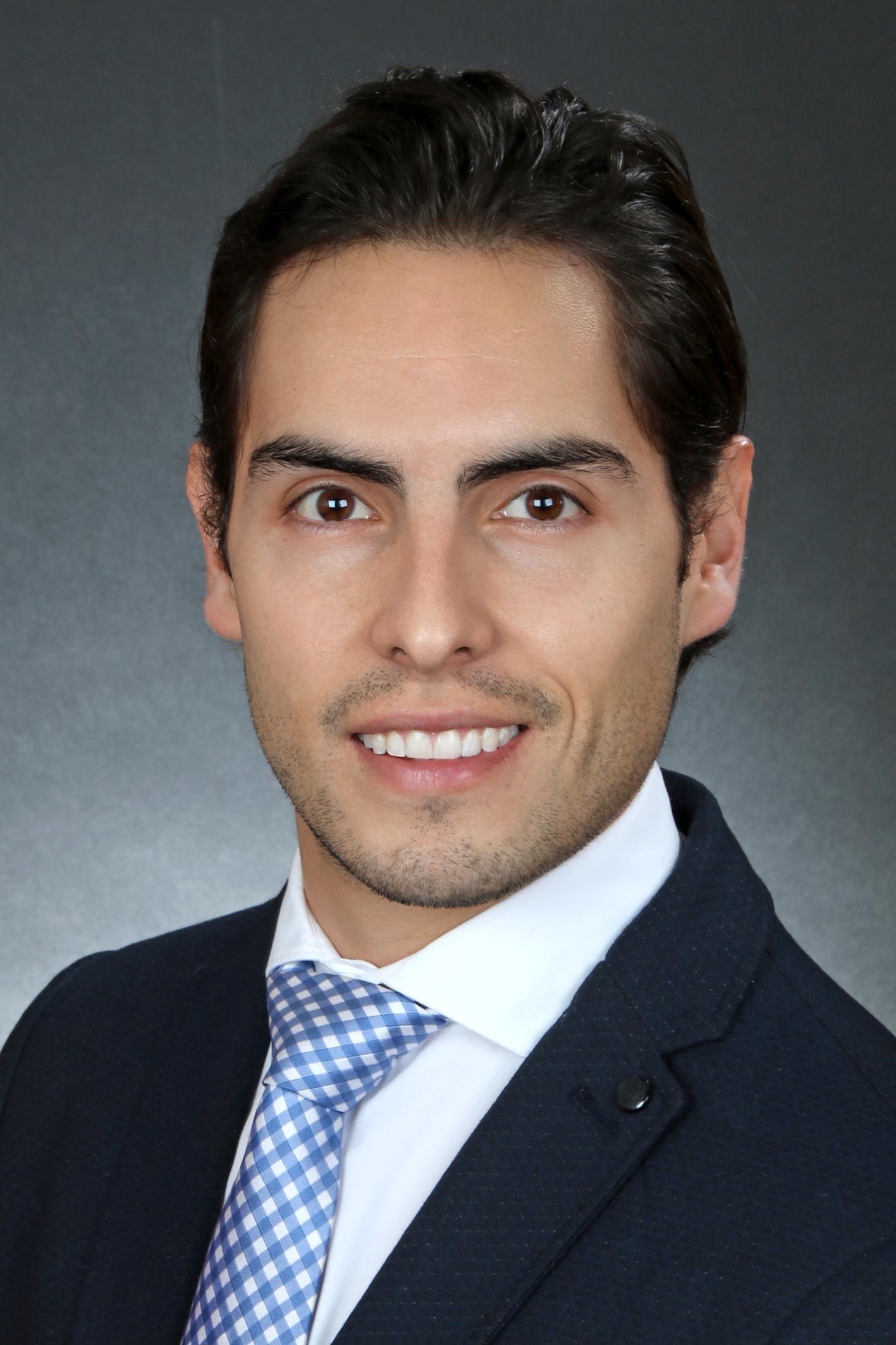 The Building Sustainability program opened my eyes to the different aspects that comprise what we call sustainability. As an architect, I found the perfect added value I was looking for. The master’s degree gives you the tools to technically support construction projects from an economic, social and environmental point of view.
The Building Sustainability program opened my eyes to the different aspects that comprise what we call sustainability. As an architect, I found the perfect added value I was looking for. The master’s degree gives you the tools to technically support construction projects from an economic, social and environmental point of view.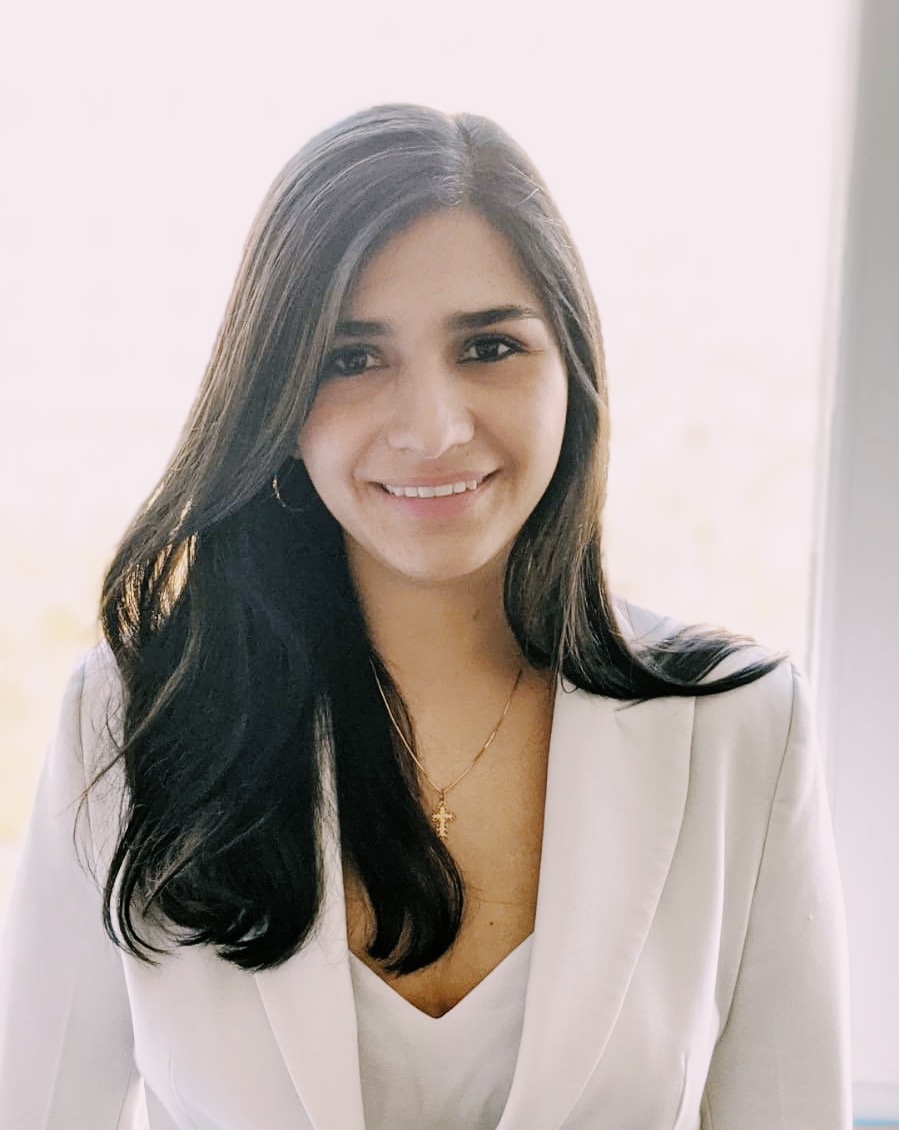 I have always been passionate about architecture and resource efficiency, how to help the world in the fight against climate change. There master in Building sustainability allowed me to learn from A-class experts, in what might be one the most innovative and inspiring campuses around the world, the EUREF campus.
I have always been passionate about architecture and resource efficiency, how to help the world in the fight against climate change. There master in Building sustainability allowed me to learn from A-class experts, in what might be one the most innovative and inspiring campuses around the world, the EUREF campus.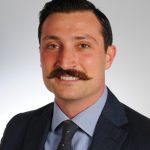 The MBL in European and International Energy Law at the Euref Campus Berlin was a terrific opportunity to fully untangle the intricacies of the fast-paced changing energy sector.
The MBL in European and International Energy Law at the Euref Campus Berlin was a terrific opportunity to fully untangle the intricacies of the fast-paced changing energy sector.
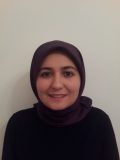 Prior to attending TU, I was working in an Oil & Gas Company in Ankara, Turkey. I decided to undertake MBL and choose to study here because of its unique curriculum with technical, economical and legal aspects of energy. The course offers not only theoretical knowledge but also practical information with its excursions. The lecturers have impressive academic and professional experiences. The classes are very interactive and relevant to what is happening globally in the energy industry.
Prior to attending TU, I was working in an Oil & Gas Company in Ankara, Turkey. I decided to undertake MBL and choose to study here because of its unique curriculum with technical, economical and legal aspects of energy. The course offers not only theoretical knowledge but also practical information with its excursions. The lecturers have impressive academic and professional experiences. The classes are very interactive and relevant to what is happening globally in the energy industry.
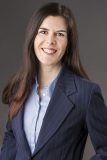 The energy sector is a growing and complex area and the European and International Law MBL program at the TU Berlin strives to place energy law in a multidisciplinary and international context. Coming from a legal background, I have enjoyed developing my understanding of the economics of the energy sector. A further strength of the program is its practical focus with many of the lecturers being industry professionals and experts in their respective fields and we have had some interesting excursions to energy companies and energy-efficient power plants. There is a diverse mix of students from around the world with different perspectives on the challenges and opportunities that the energy and renewable sector face.
The energy sector is a growing and complex area and the European and International Law MBL program at the TU Berlin strives to place energy law in a multidisciplinary and international context. Coming from a legal background, I have enjoyed developing my understanding of the economics of the energy sector. A further strength of the program is its practical focus with many of the lecturers being industry professionals and experts in their respective fields and we have had some interesting excursions to energy companies and energy-efficient power plants. There is a diverse mix of students from around the world with different perspectives on the challenges and opportunities that the energy and renewable sector face.
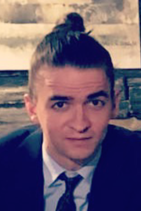 I chose the master course on European and International Energy Law offered by the Technische Universität Berlin because of its outstanding reputation, highly qualified lecturers, course preference compared to other universities, and proximity to my country, Spain.
I chose the master course on European and International Energy Law offered by the Technische Universität Berlin because of its outstanding reputation, highly qualified lecturers, course preference compared to other universities, and proximity to my country, Spain.
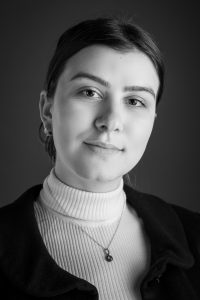 Wonderful experience during the Energy Law Master program! Challenging topics and interesting lecturers. Meeting people from all over the world! Since February 2019 I am working as a Junior Expert at Bulgaria’s Energy and Water Regulatory Commission and putting into practice most of the experience from the MBL program on European and International Energy Law.
Wonderful experience during the Energy Law Master program! Challenging topics and interesting lecturers. Meeting people from all over the world! Since February 2019 I am working as a Junior Expert at Bulgaria’s Energy and Water Regulatory Commission and putting into practice most of the experience from the MBL program on European and International Energy Law.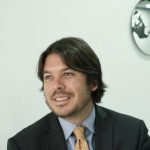 Before studying the Master in European and International Energy Law I was working in an Oil and Gas company and teaching Law in the same field at a University in Colombia. My motivation to do the Master was widening my expertise to other sources of energy as well as to study the midstream and the downstream market.
Before studying the Master in European and International Energy Law I was working in an Oil and Gas company and teaching Law in the same field at a University in Colombia. My motivation to do the Master was widening my expertise to other sources of energy as well as to study the midstream and the downstream market.
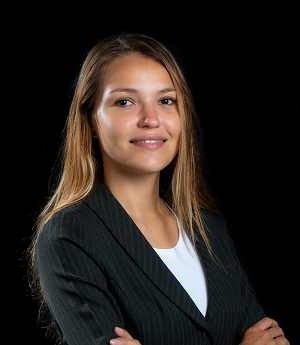 The program helped me gain a deeper understanding regarding the impact the energy transition has on climate change. The modules about the economy, regulatory and competition law allowed me to learn how energy markets behave under certain circumstances, which has helped me understand the different conditions Latin American countries have. This knowledge has been very useful in my role in EY’s Climate Change and Sustainability Services division. The visit to different facilities and the contact to other international students made the experience complete.
The program helped me gain a deeper understanding regarding the impact the energy transition has on climate change. The modules about the economy, regulatory and competition law allowed me to learn how energy markets behave under certain circumstances, which has helped me understand the different conditions Latin American countries have. This knowledge has been very useful in my role in EY’s Climate Change and Sustainability Services division. The visit to different facilities and the contact to other international students made the experience complete.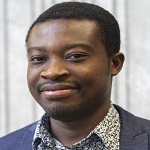 “Wirklich!!! This is a unique MBA fit for preparing expertise and talents to address current issues relating to efficient and environmentally sustainable mobility provision. If you are looking to be part of the mobility transformation across the globe, then Berlin is the right place to be and the Energy Masters program on Sustainable Mobility Management will be a great platform to realising this goal.”
“Wirklich!!! This is a unique MBA fit for preparing expertise and talents to address current issues relating to efficient and environmentally sustainable mobility provision. If you are looking to be part of the mobility transformation across the globe, then Berlin is the right place to be and the Energy Masters program on Sustainable Mobility Management will be a great platform to realising this goal.”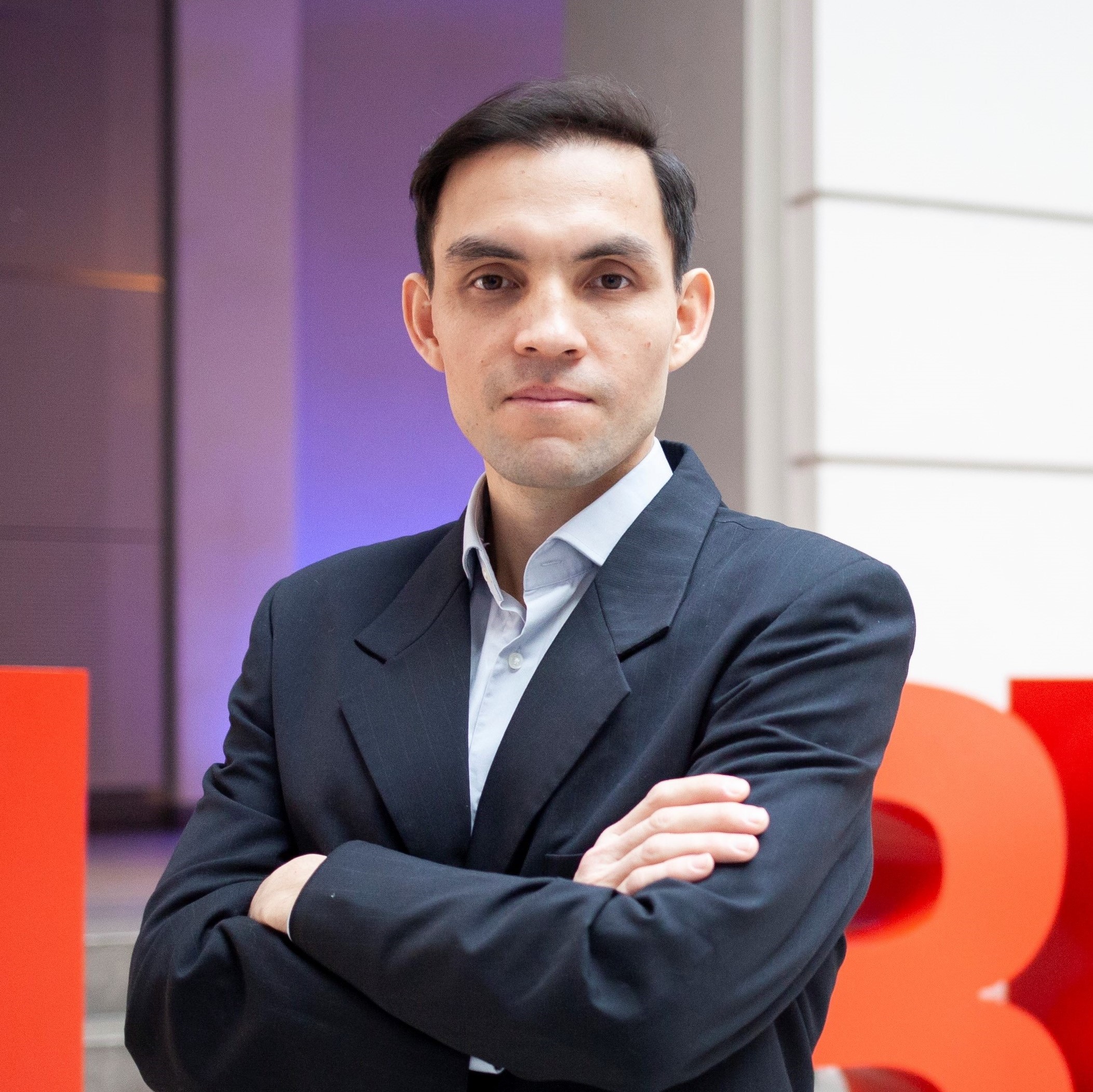
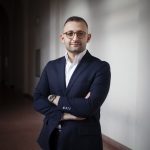
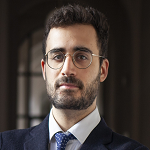 “Very helpful and committed professionals, who make the dense; callous and bureaucratic side of German culture quite a lot lighter.”
“Very helpful and committed professionals, who make the dense; callous and bureaucratic side of German culture quite a lot lighter.”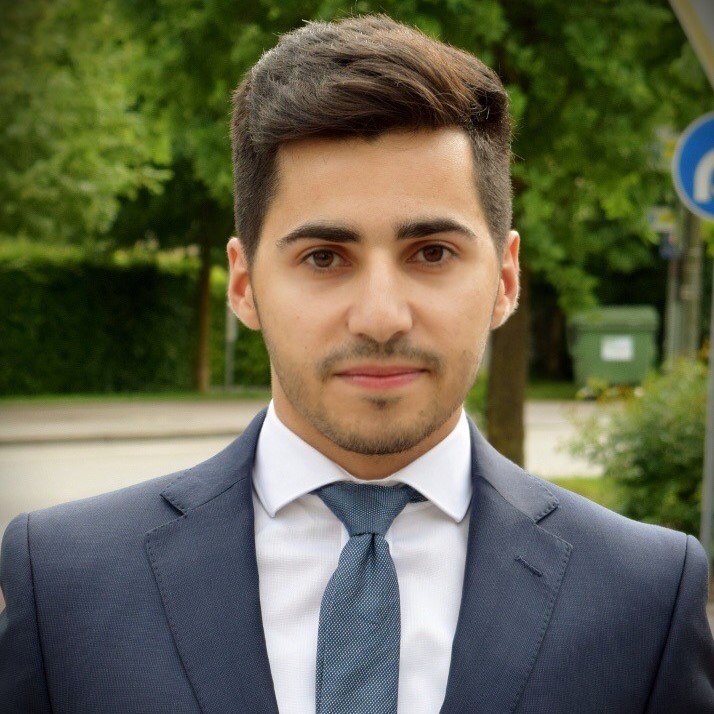 “Berlin is a city out of the ordinary ! The city vibes, diversity, and affordability has a lot to offer to students and caters for everybody’s taste. On top of that, the public transport network gets you everywhere, anytime !”
“Berlin is a city out of the ordinary ! The city vibes, diversity, and affordability has a lot to offer to students and caters for everybody’s taste. On top of that, the public transport network gets you everywhere, anytime !”
 “Studying at the TU EUREF campus open my mind up to thinking in an innovative and entrepreneurial way about sustainable mobility solutions. The most valuable part of the program was the opportunity to make connections with like-minded people with extremely diverse backgrounds, interests and ideas all working towards a common goal of achieving sustainable mobility.”
“Studying at the TU EUREF campus open my mind up to thinking in an innovative and entrepreneurial way about sustainable mobility solutions. The most valuable part of the program was the opportunity to make connections with like-minded people with extremely diverse backgrounds, interests and ideas all working towards a common goal of achieving sustainable mobility.”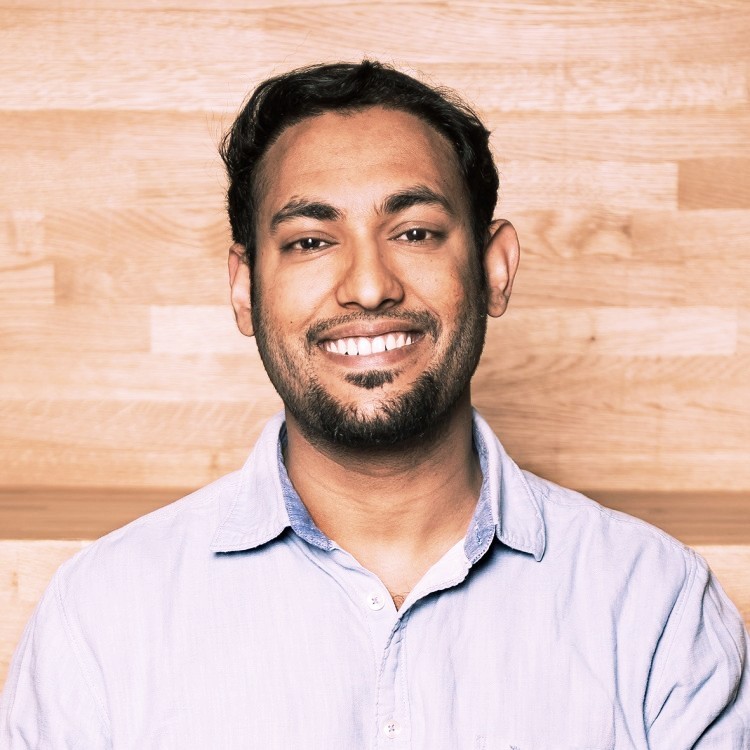 “This is a unique program blending business management and global technology trends in sustainable mobility domain. The course focuses on practical learning and there is also a student-led Mobility Club on the campus”
“This is a unique program blending business management and global technology trends in sustainable mobility domain. The course focuses on practical learning and there is also a student-led Mobility Club on the campus”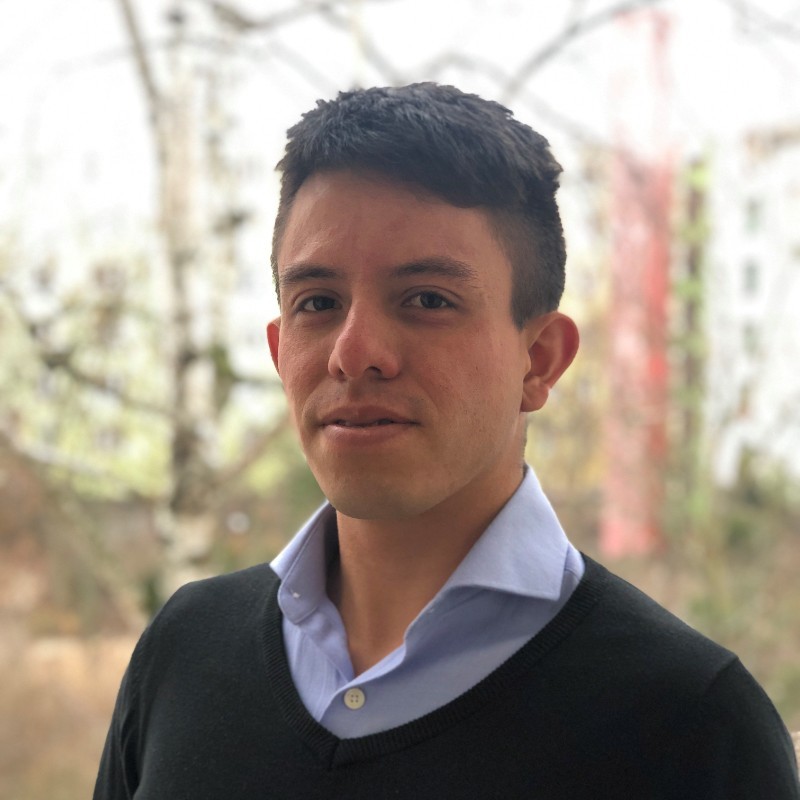 “Berlin gathers all mobility problematics of main cities around the world but also is a big lab to observe and learn how the private and public sector manage the future of mobility looking for sustainability in all modes”
“Berlin gathers all mobility problematics of main cities around the world but also is a big lab to observe and learn how the private and public sector manage the future of mobility looking for sustainability in all modes”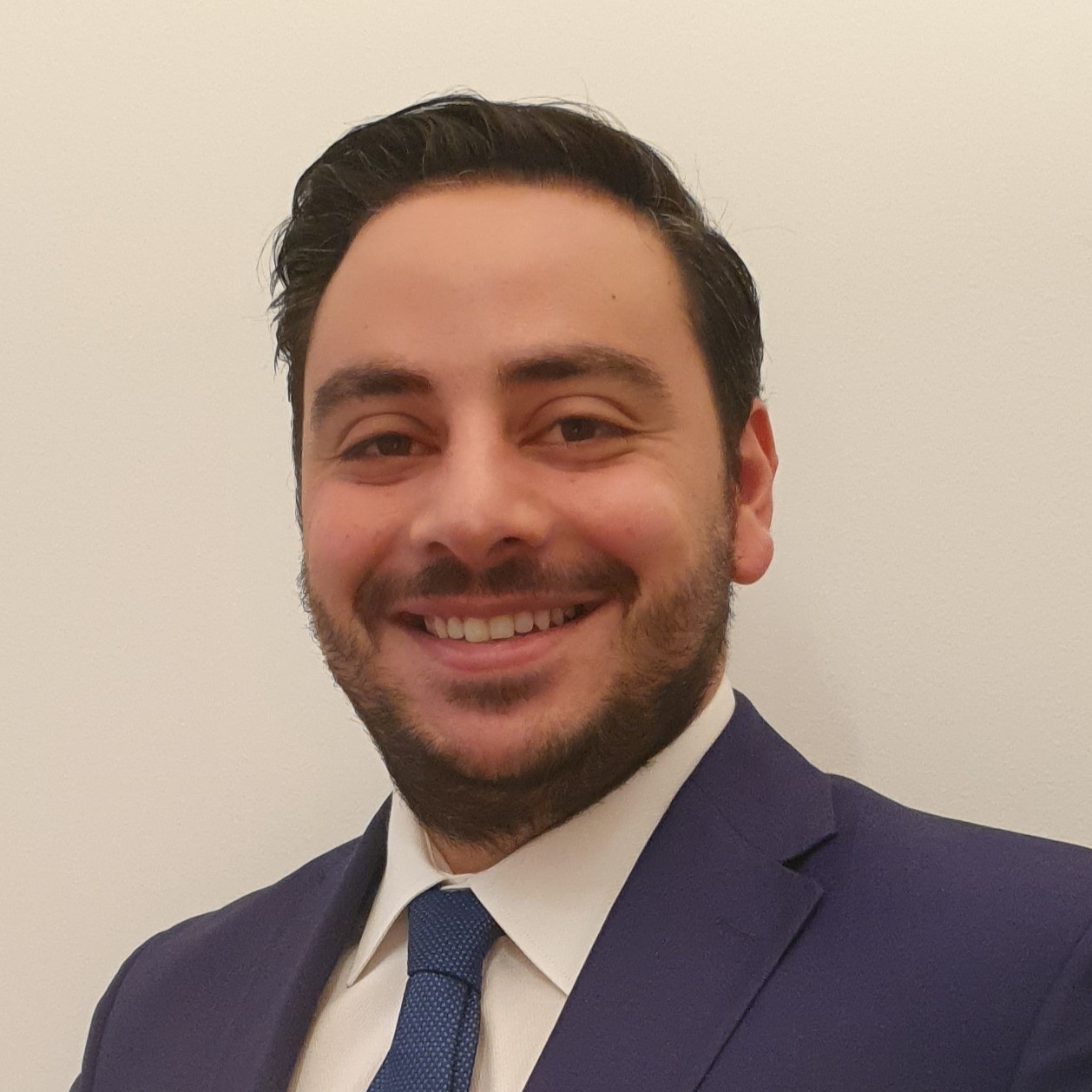 “EUREF in Berlin, Germany is a thrilling place for the future of mobility”
“EUREF in Berlin, Germany is a thrilling place for the future of mobility”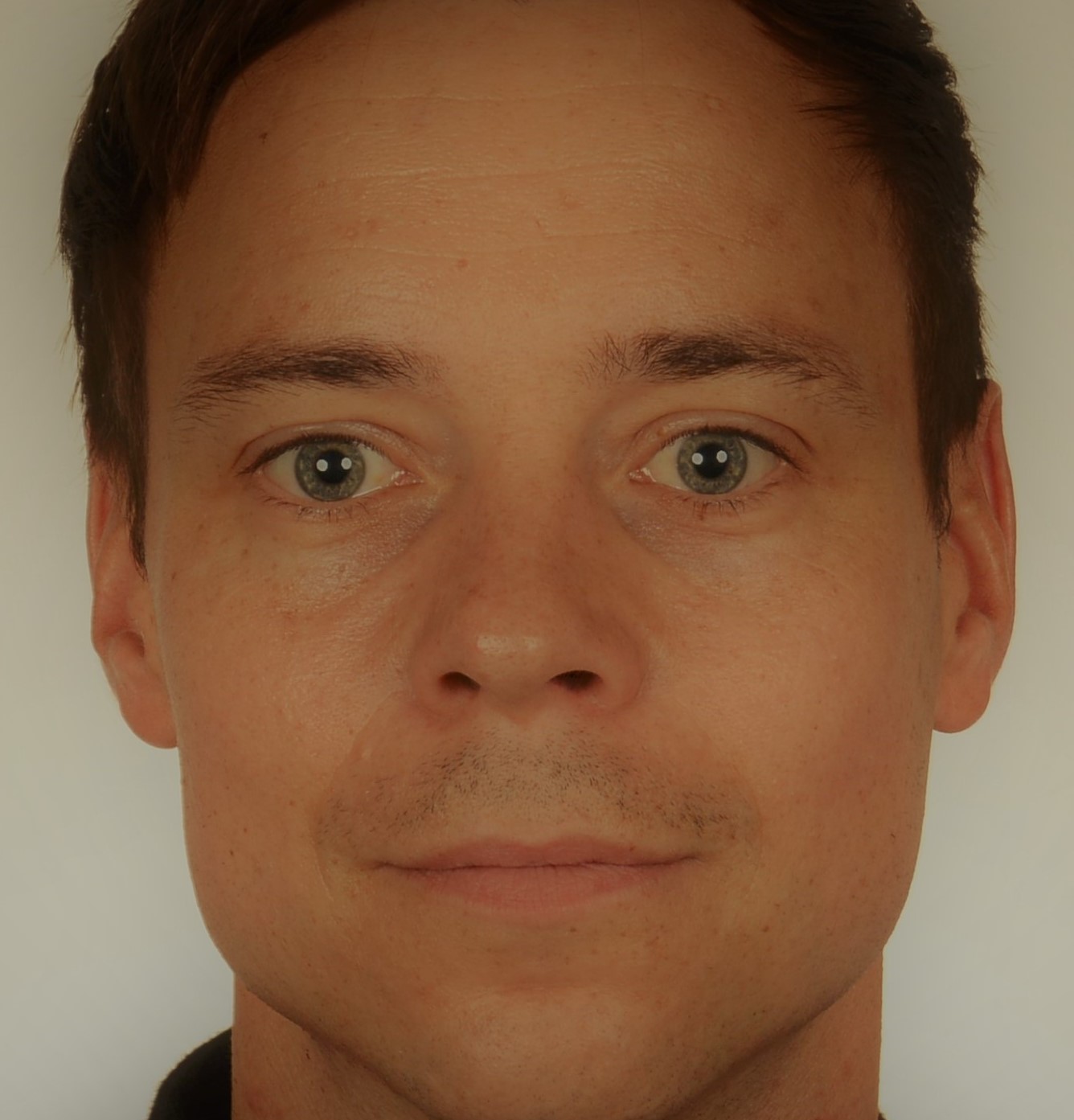 “The experiences from students from around the world helped me a lot to understand the challenges of the transition towards sustainable mobility in a global context.”
“The experiences from students from around the world helped me a lot to understand the challenges of the transition towards sustainable mobility in a global context.”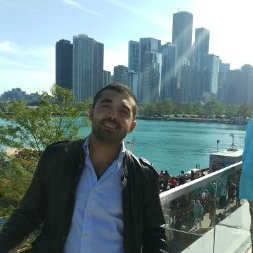 “If you’re looking to understand the future of mobility and play a role in shaping the transition towards better city living, then this international program is what you’re looking for.”
“If you’re looking to understand the future of mobility and play a role in shaping the transition towards better city living, then this international program is what you’re looking for.” “A truly diverse student body – in background, nationality, and interests.”
“A truly diverse student body – in background, nationality, and interests.”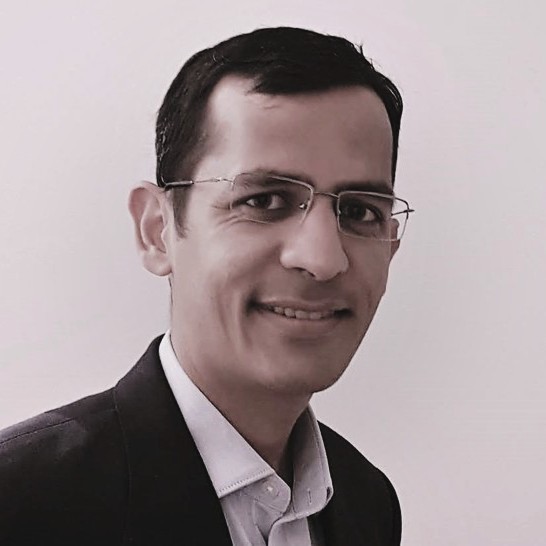 “The program puts contemporary mobility issues under spotlight through analysis of real life examples.”
“The program puts contemporary mobility issues under spotlight through analysis of real life examples.”